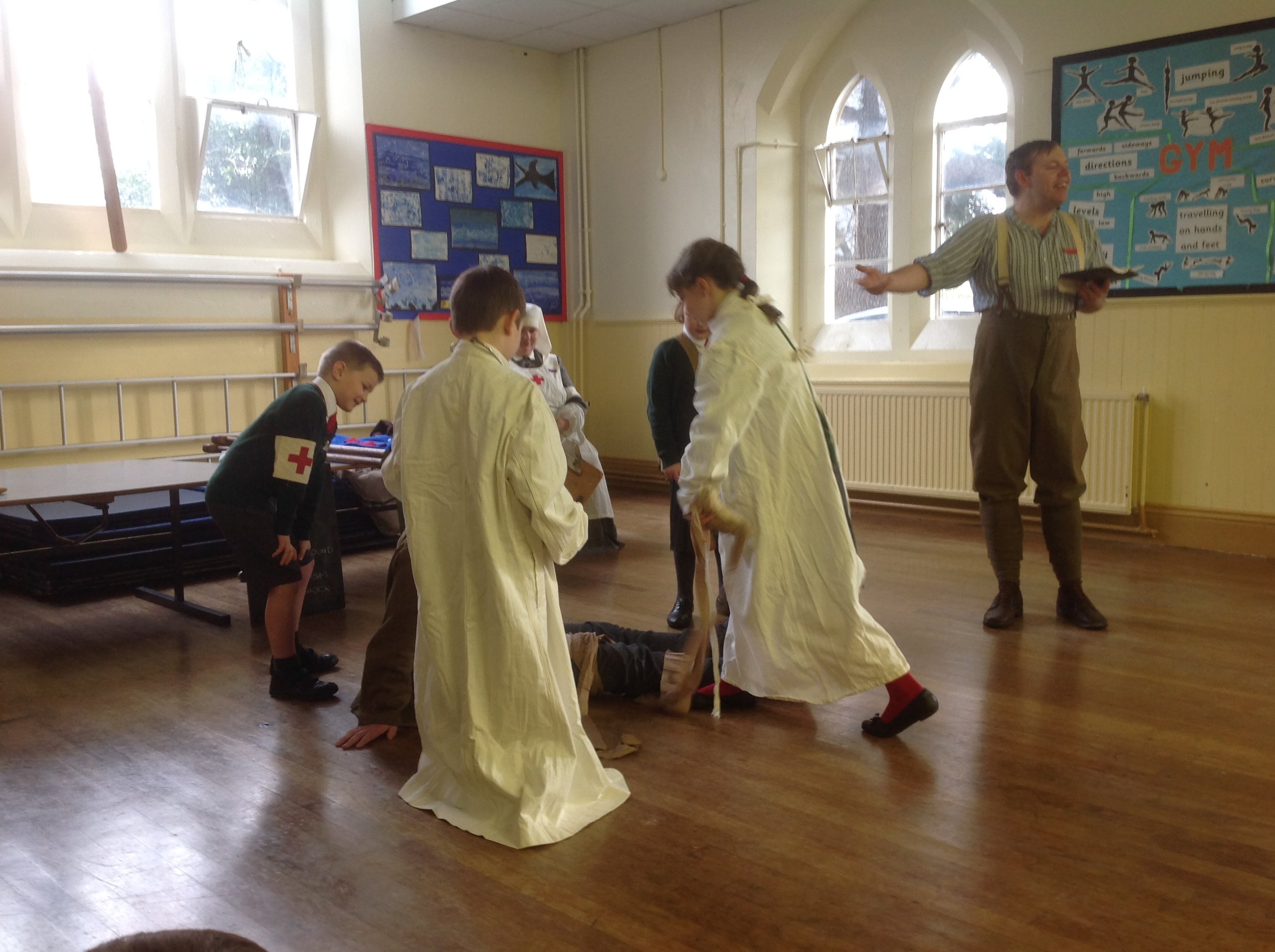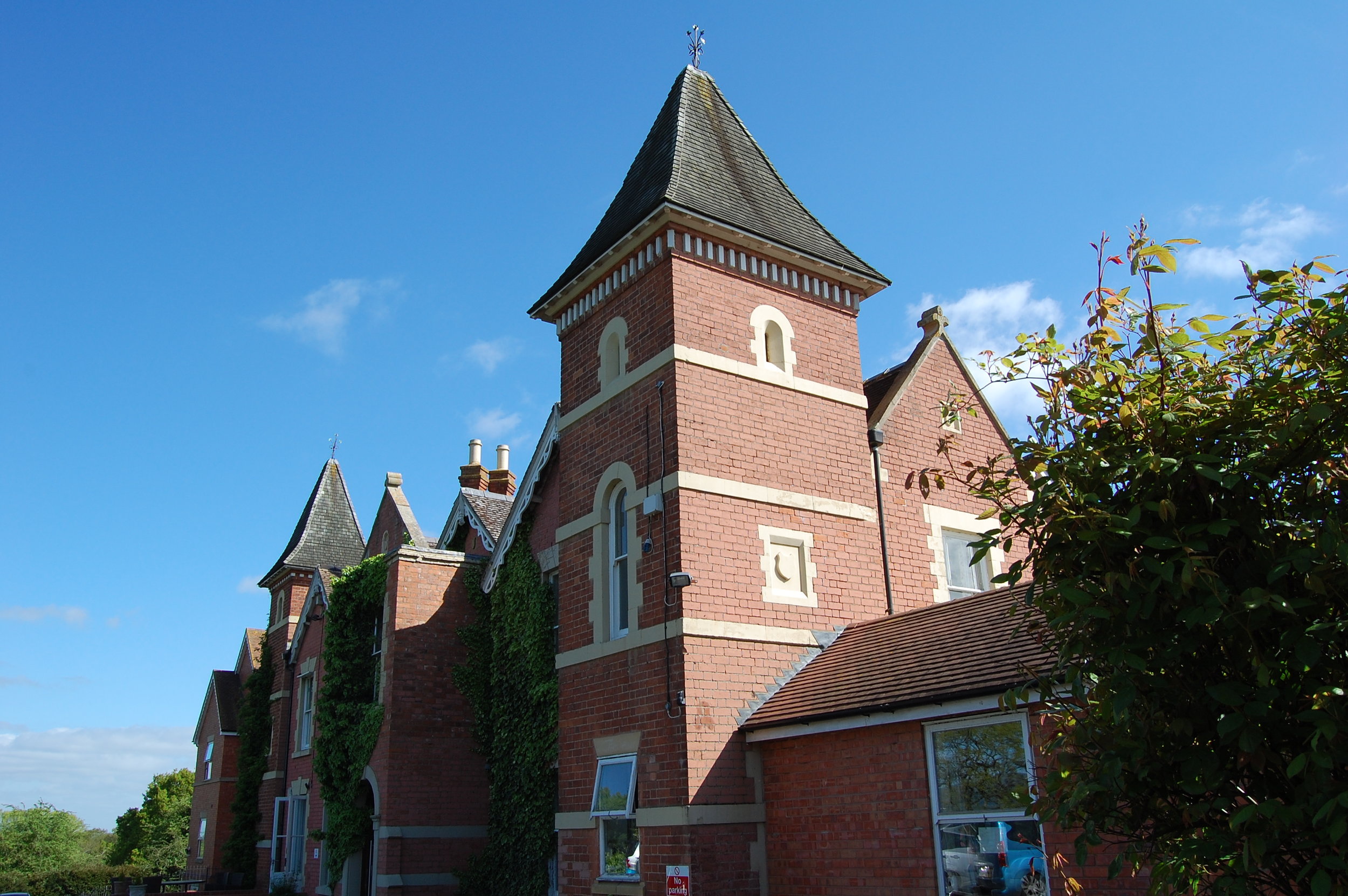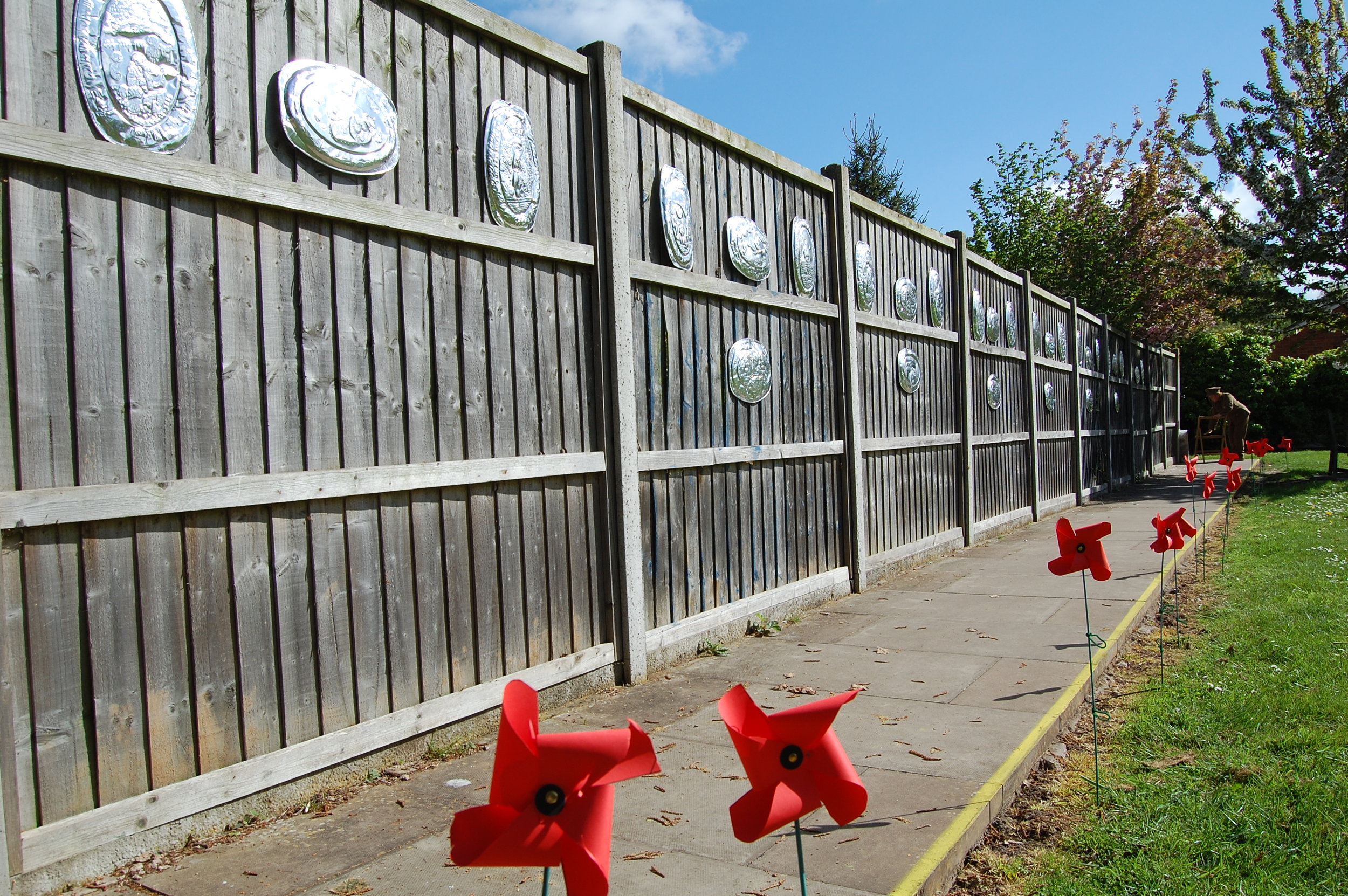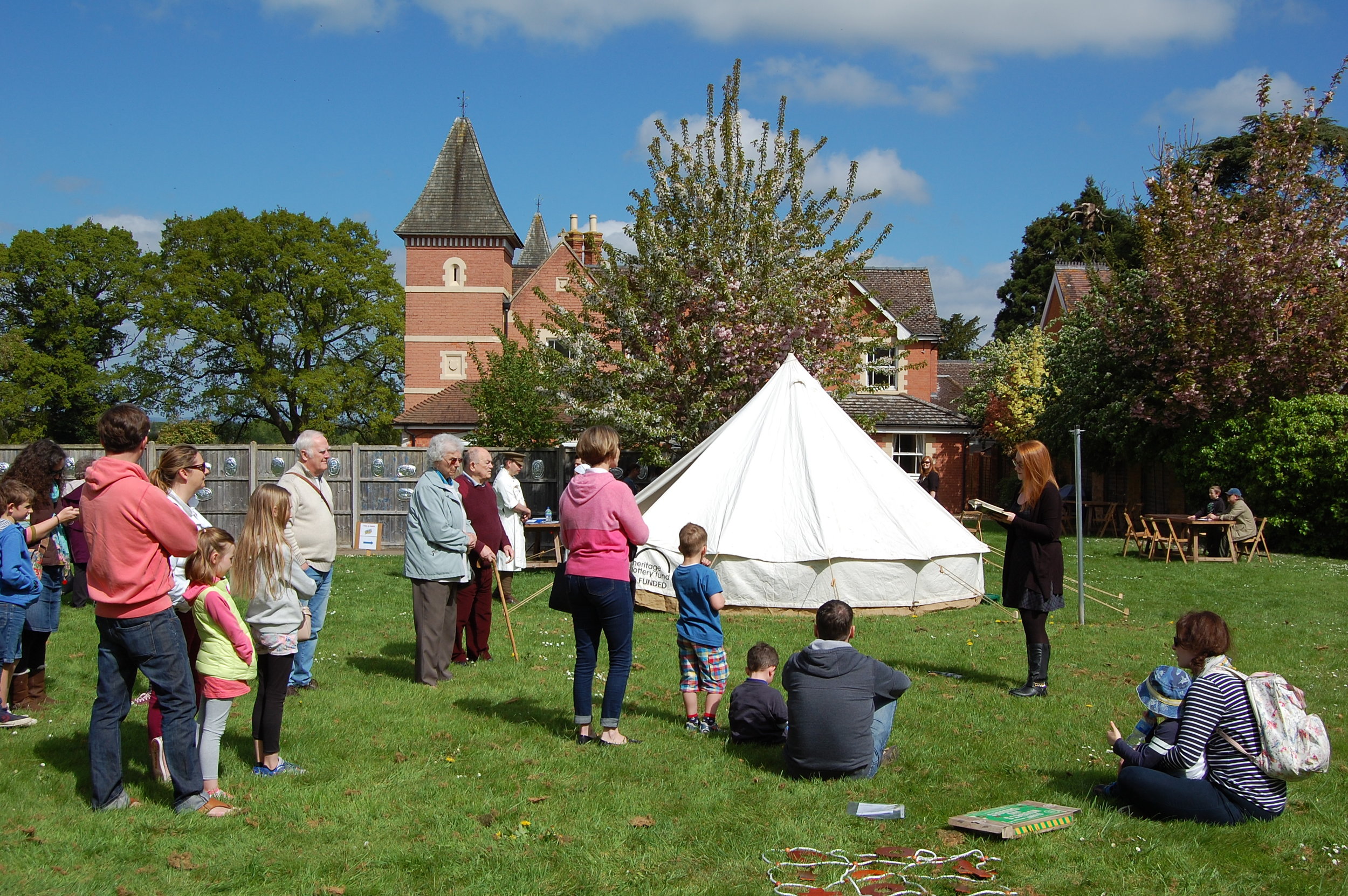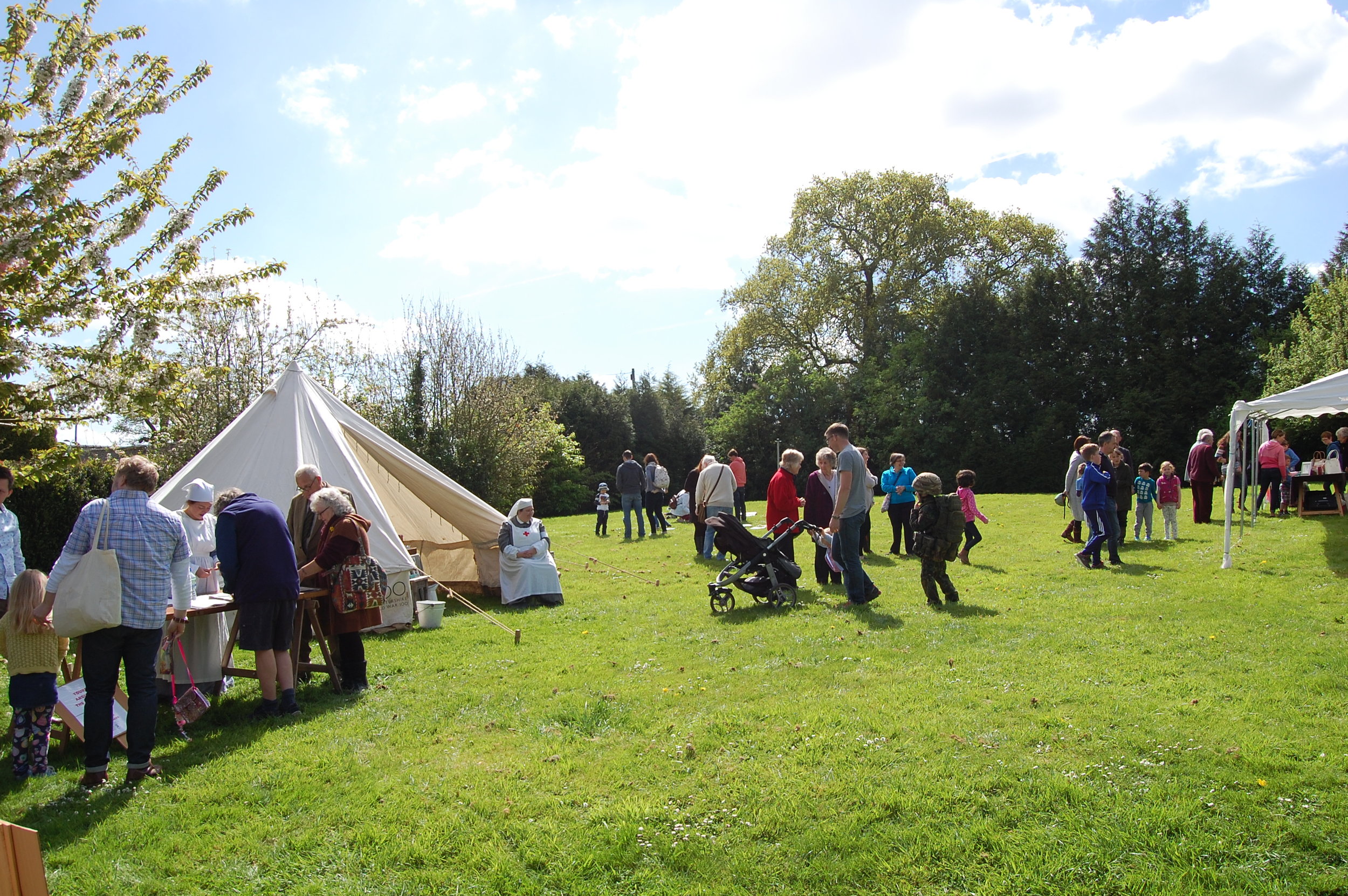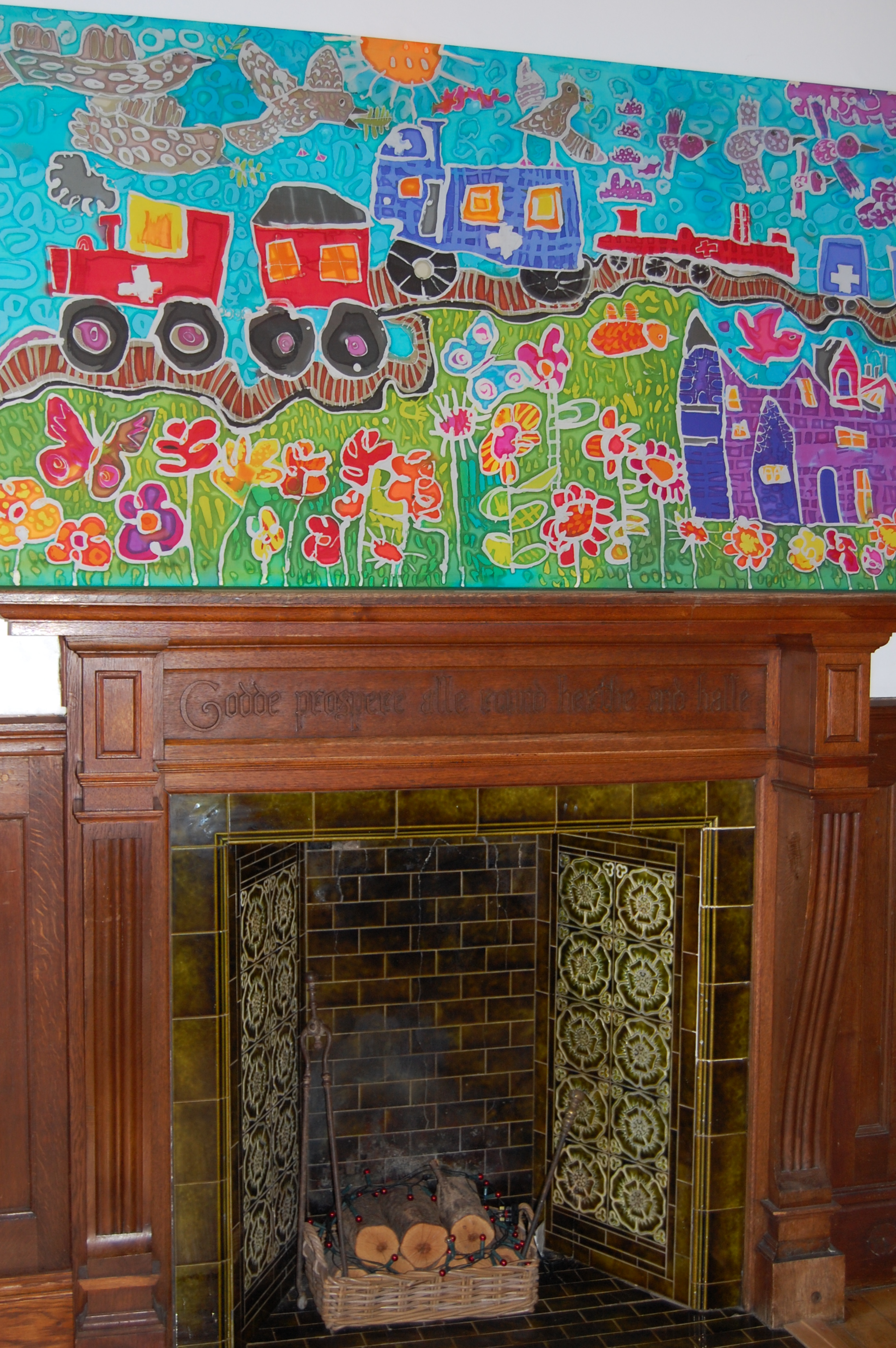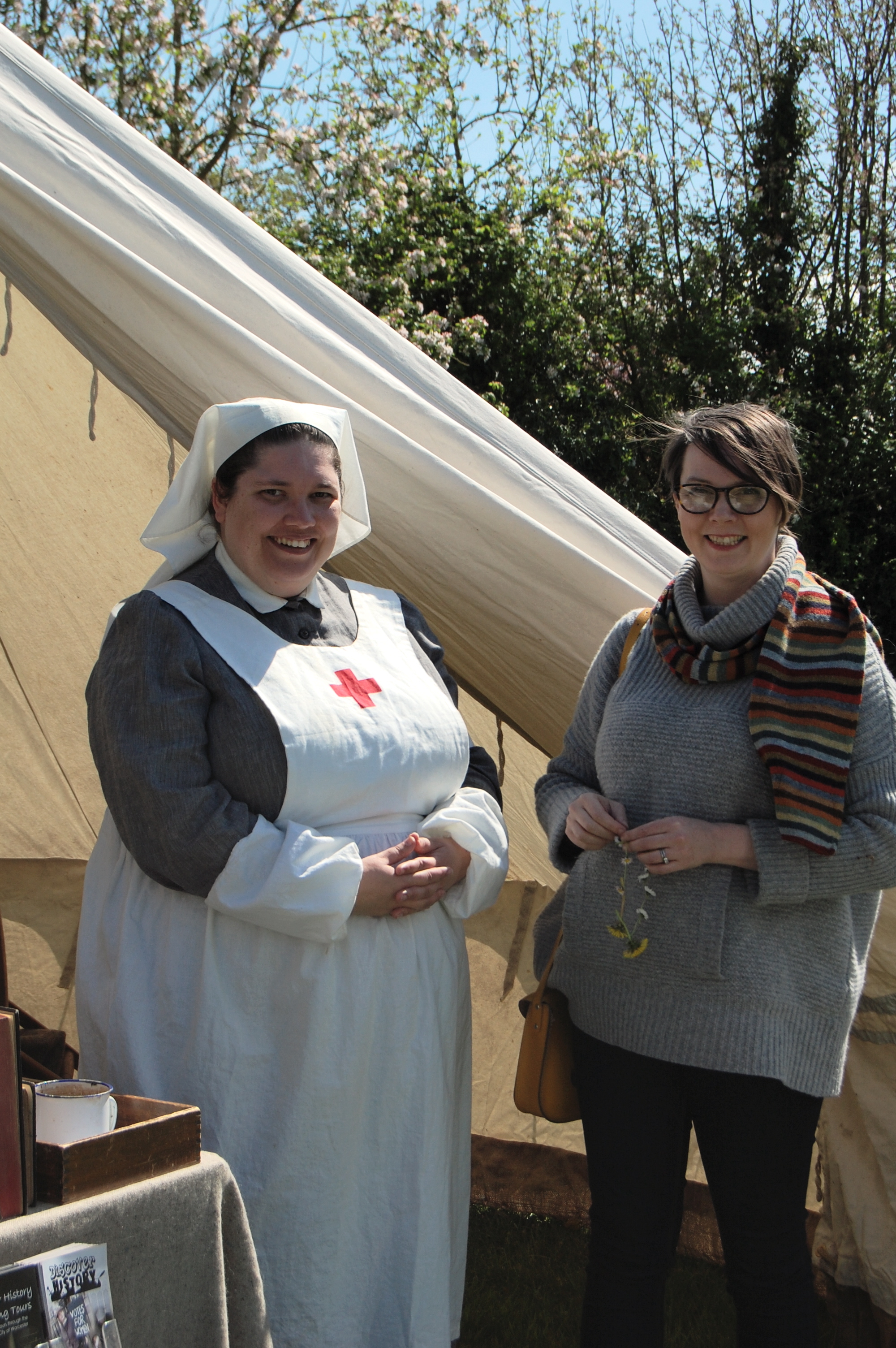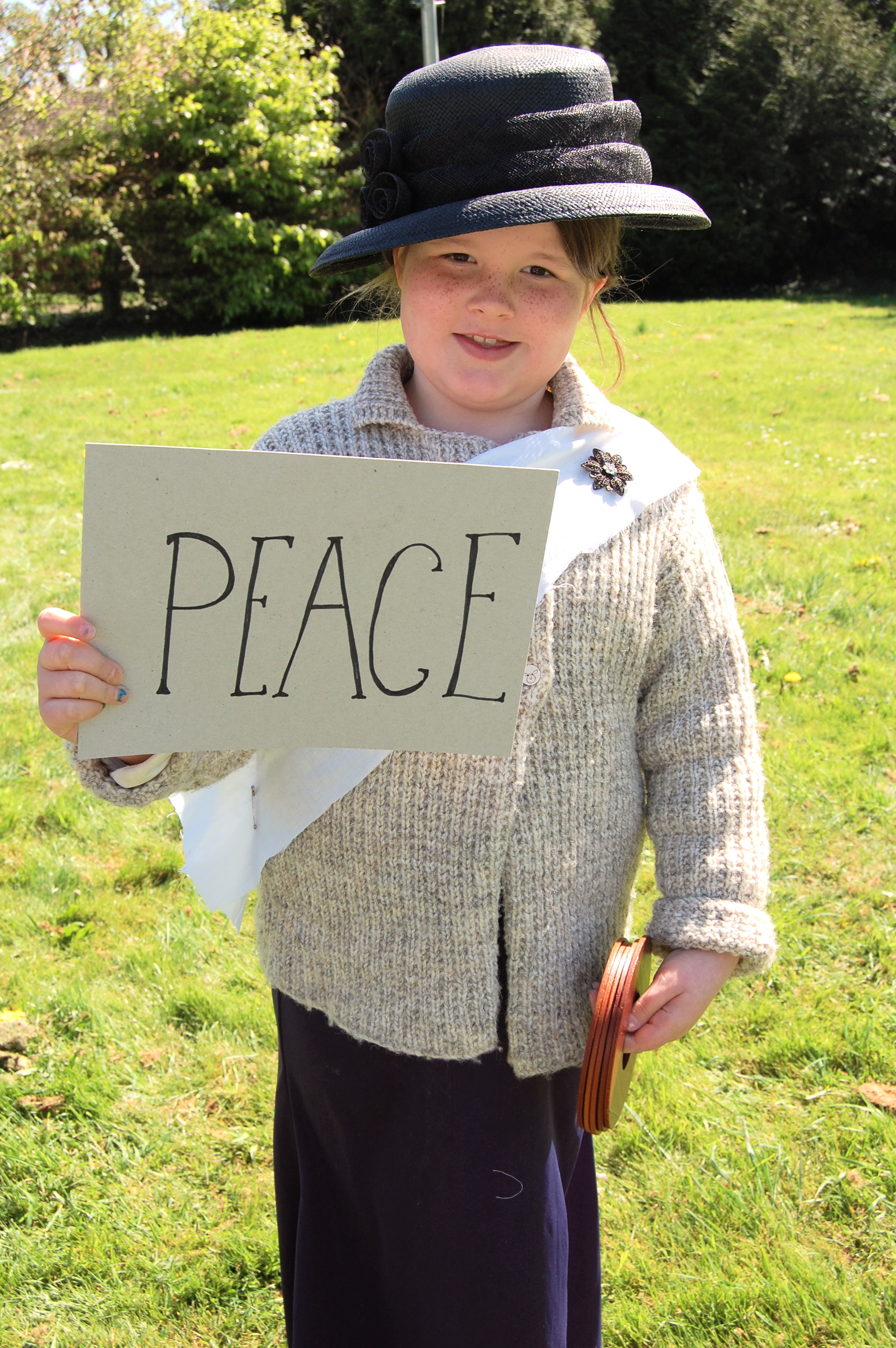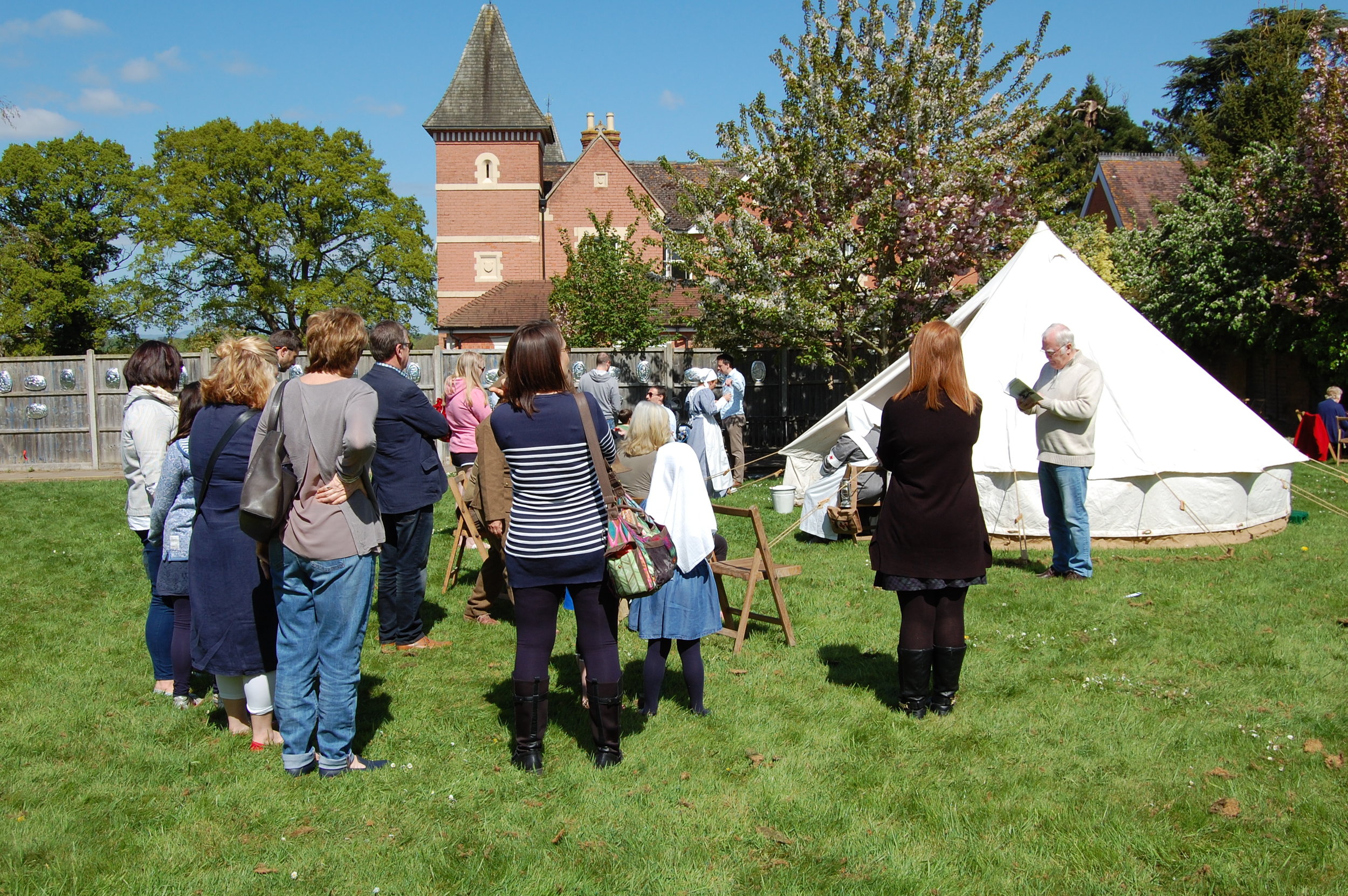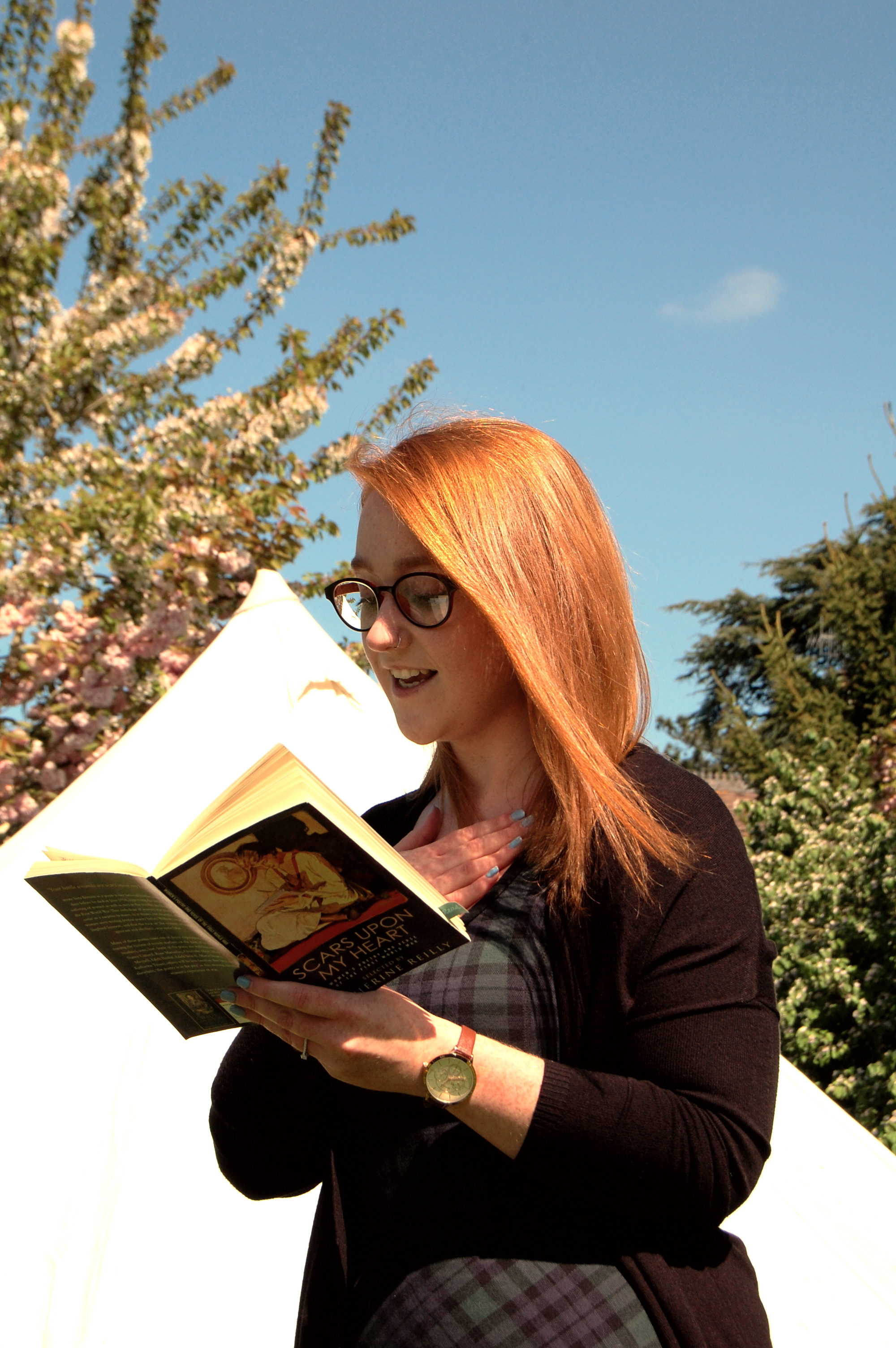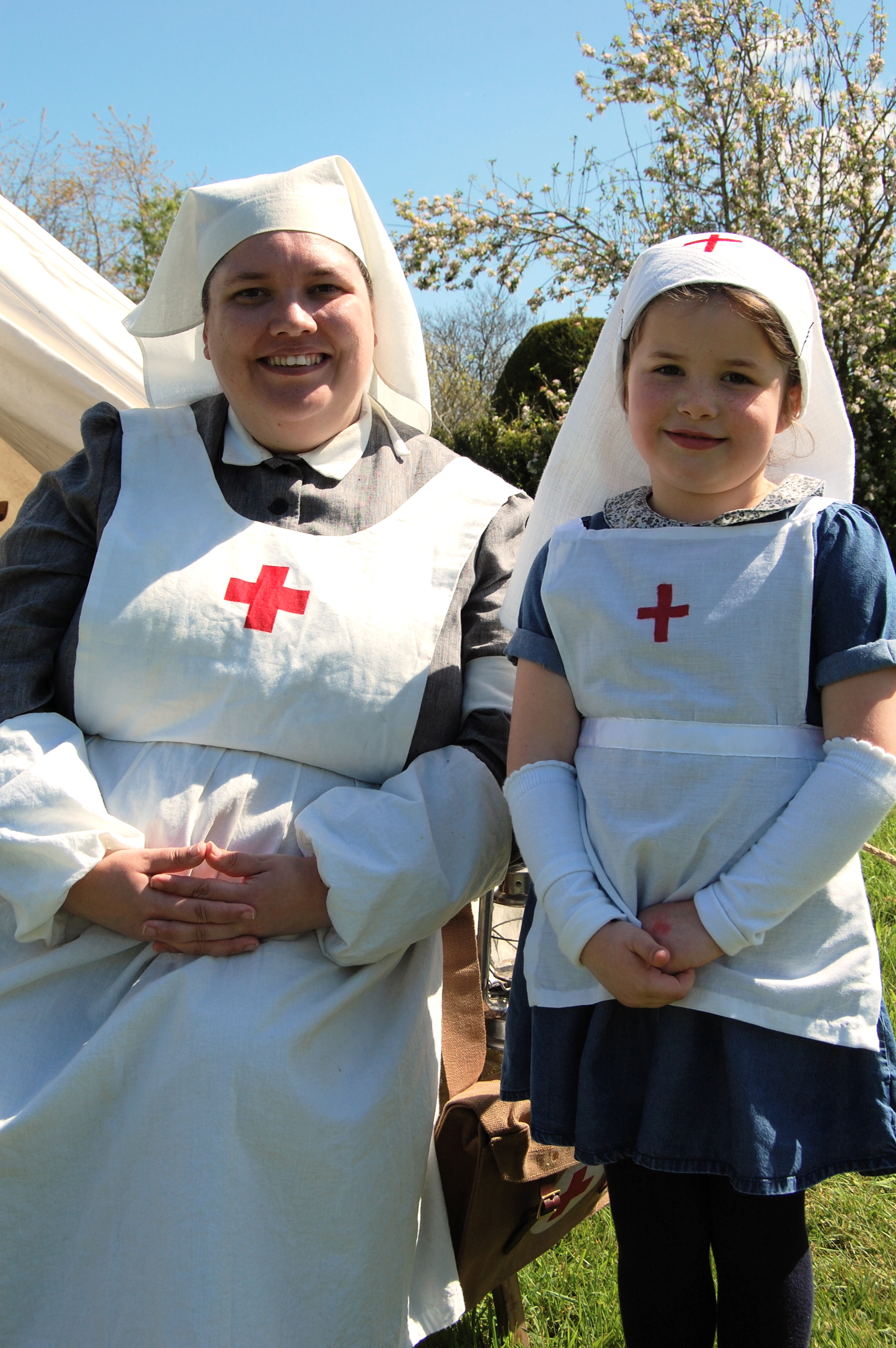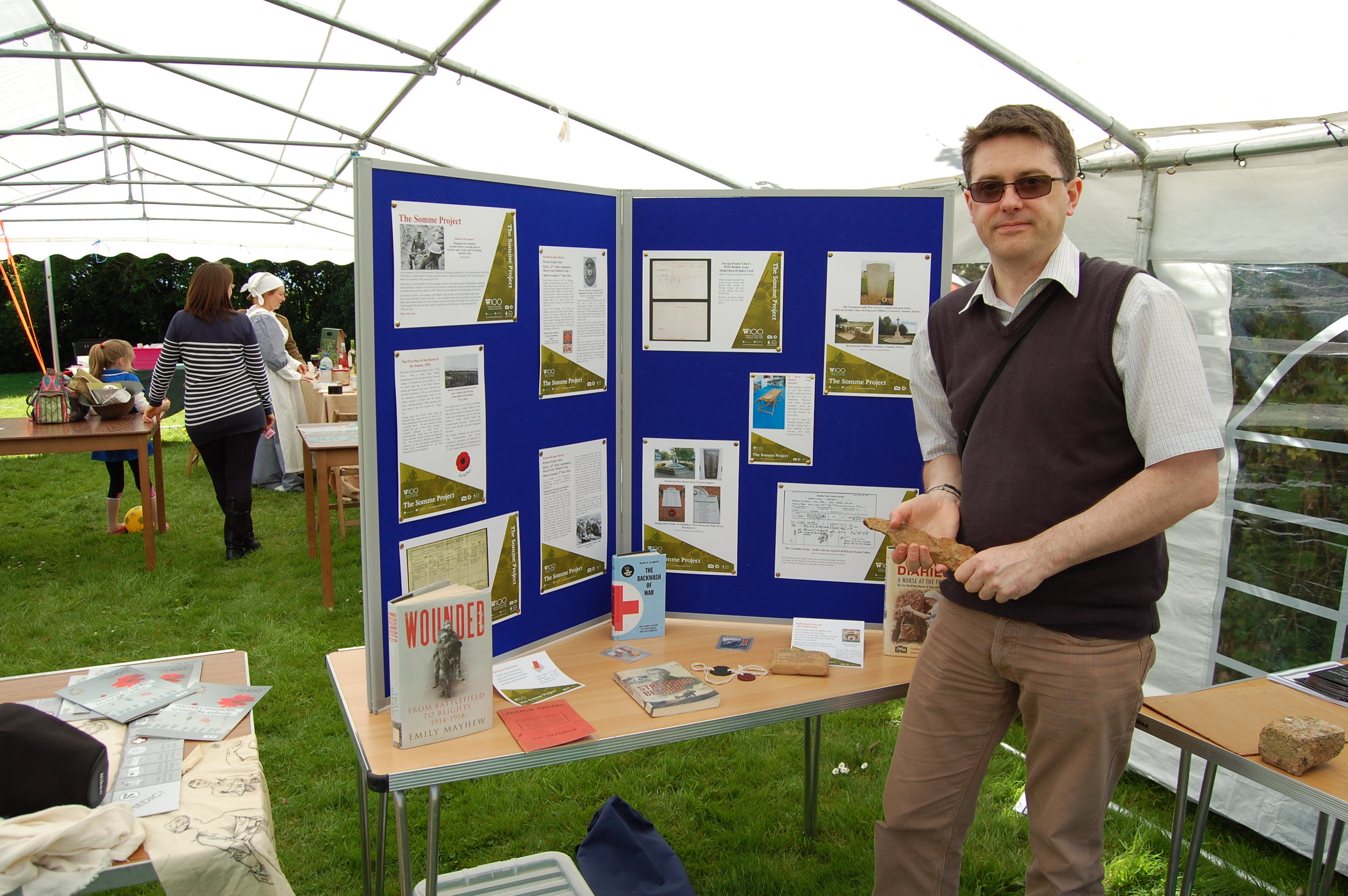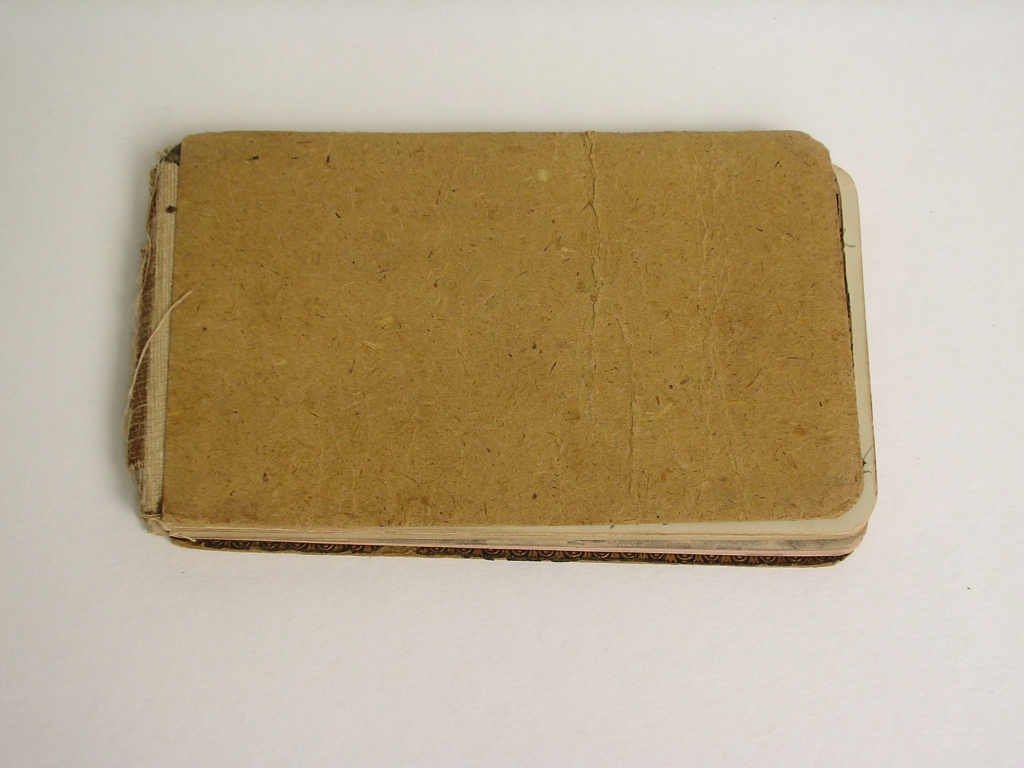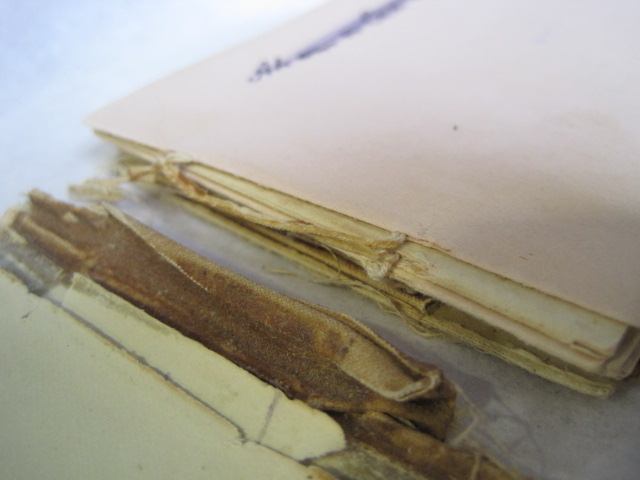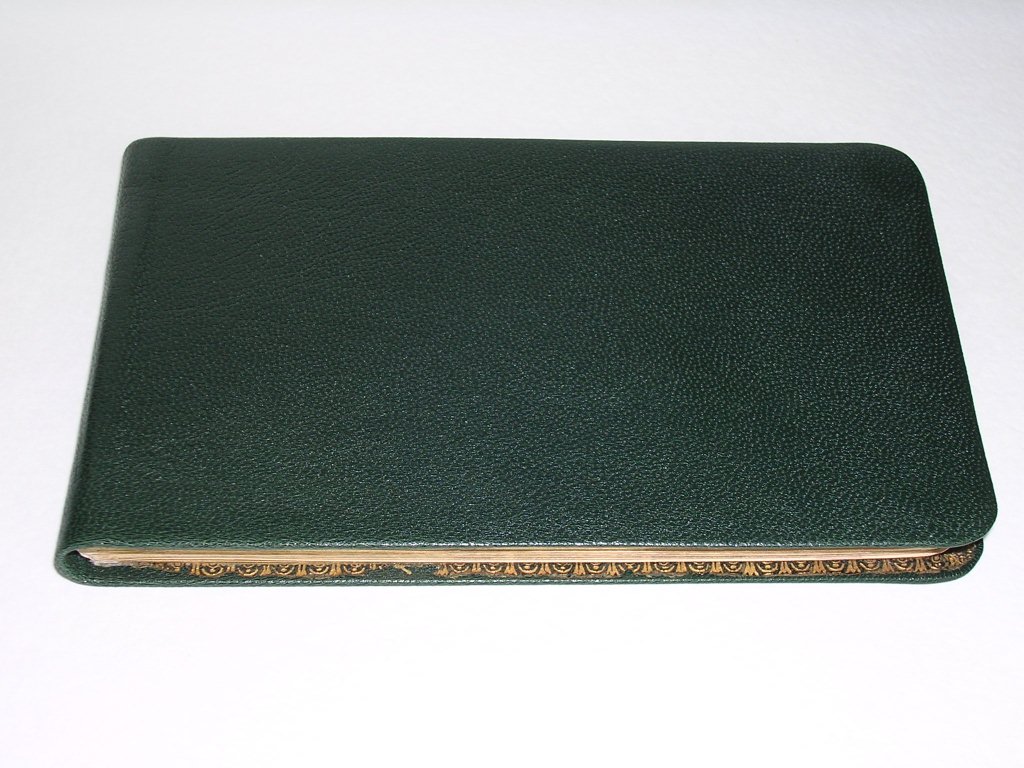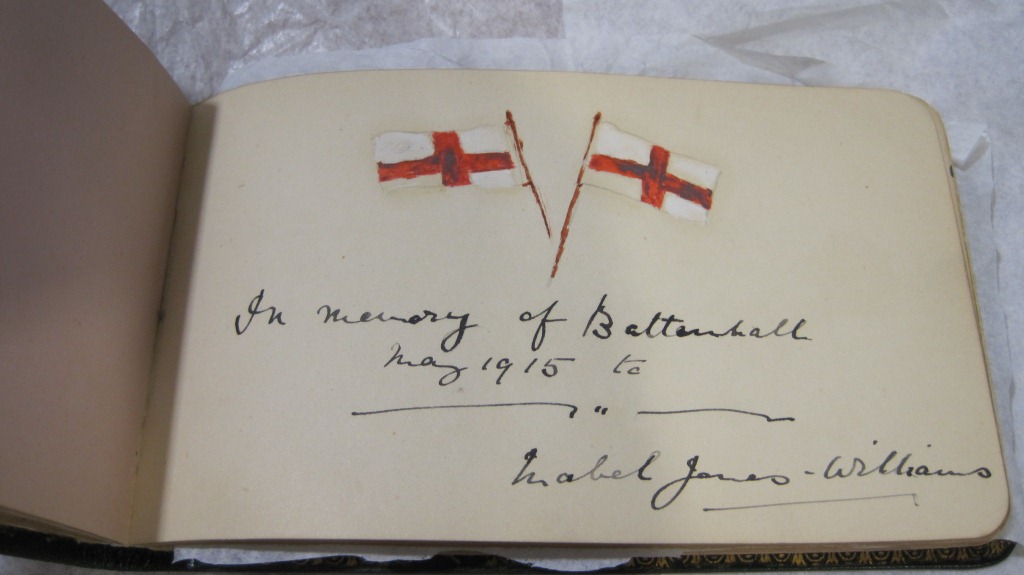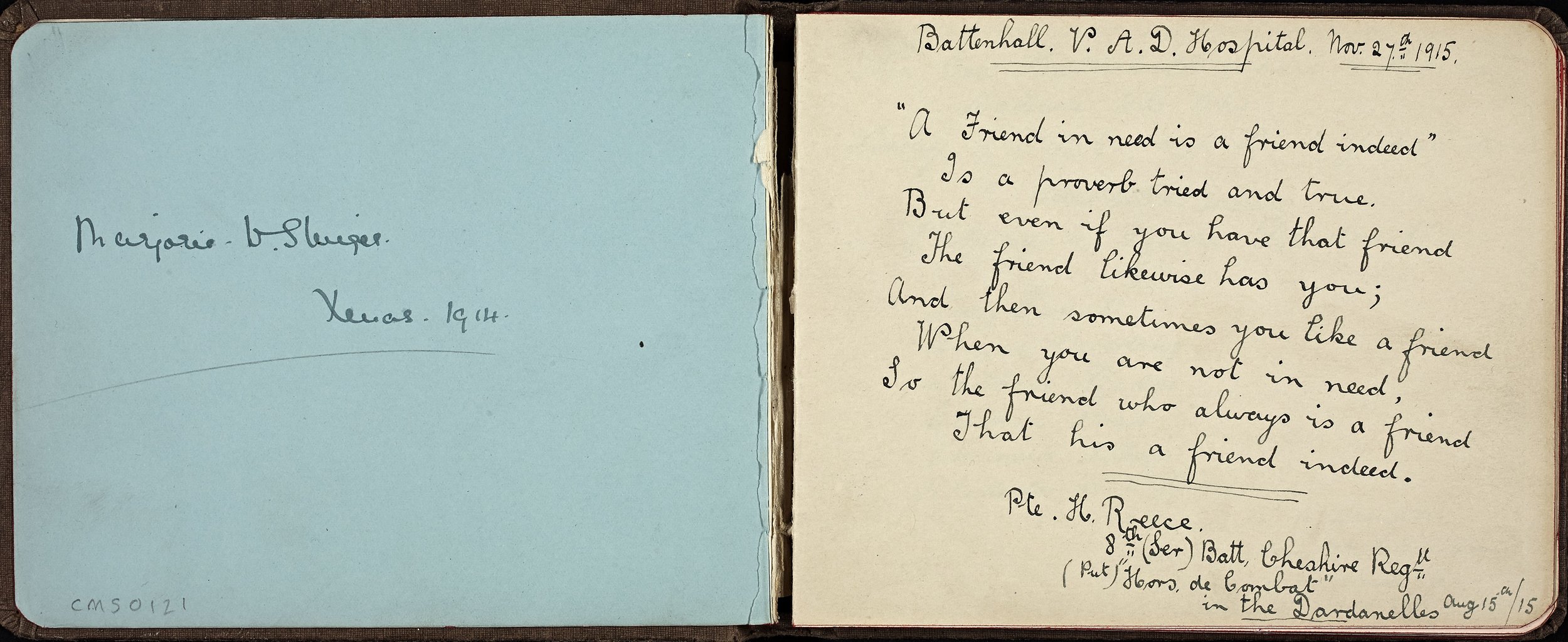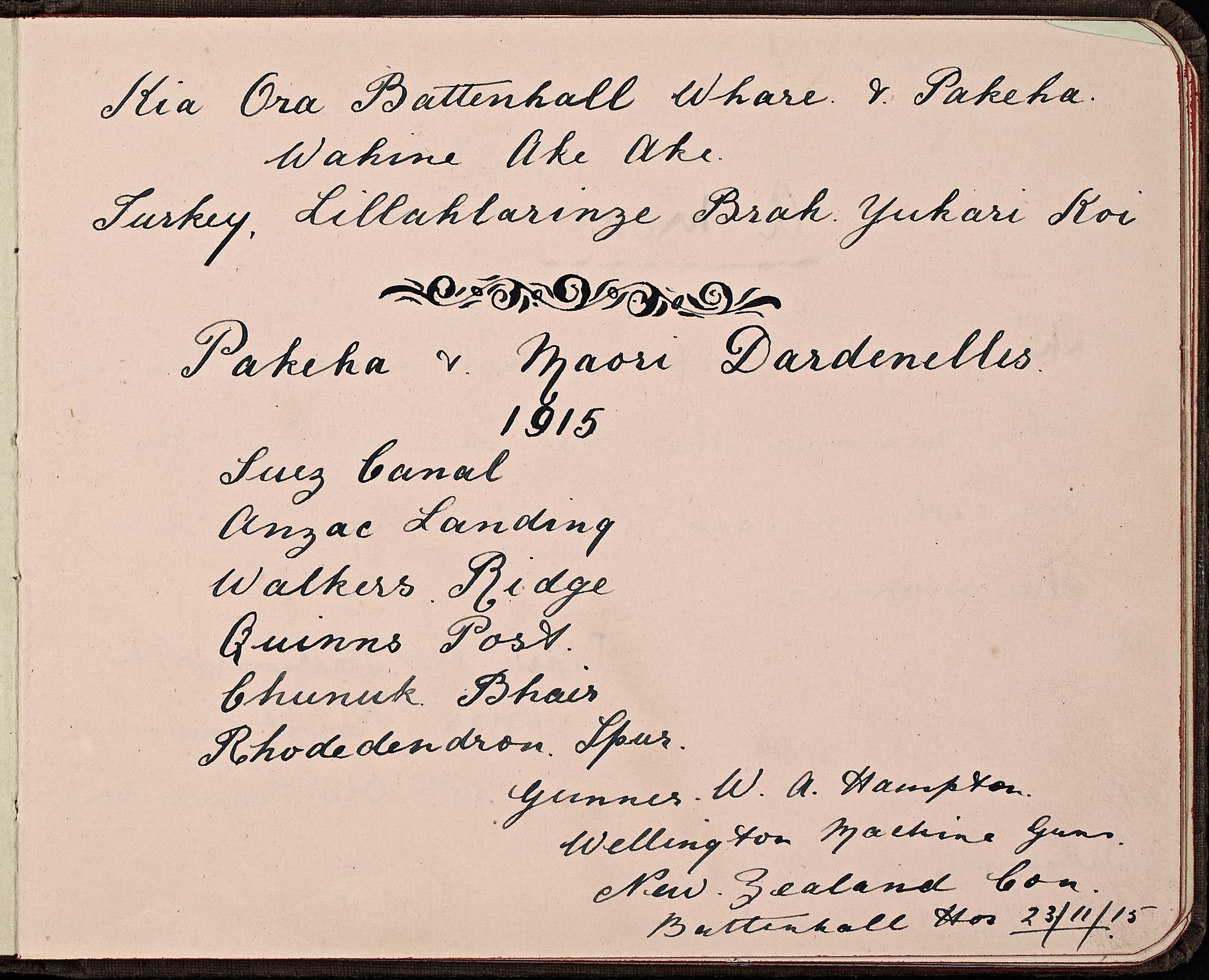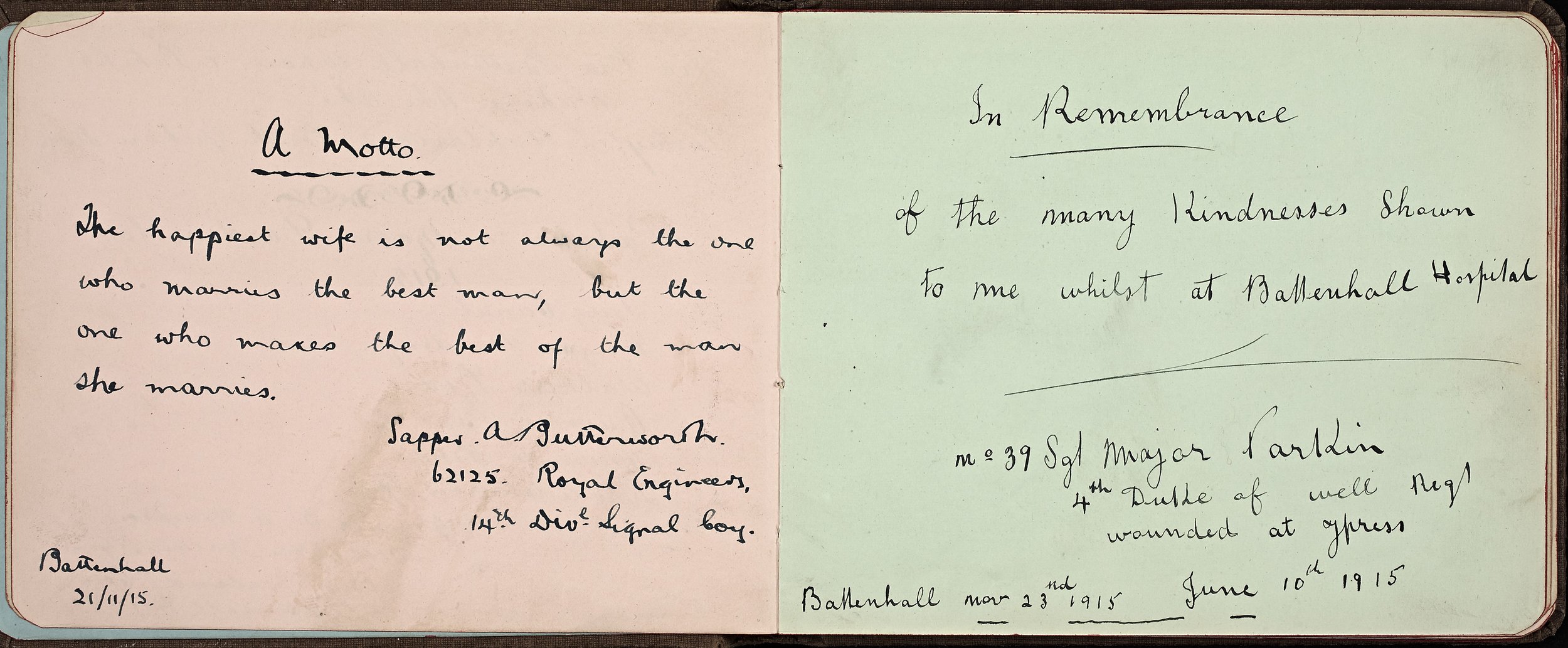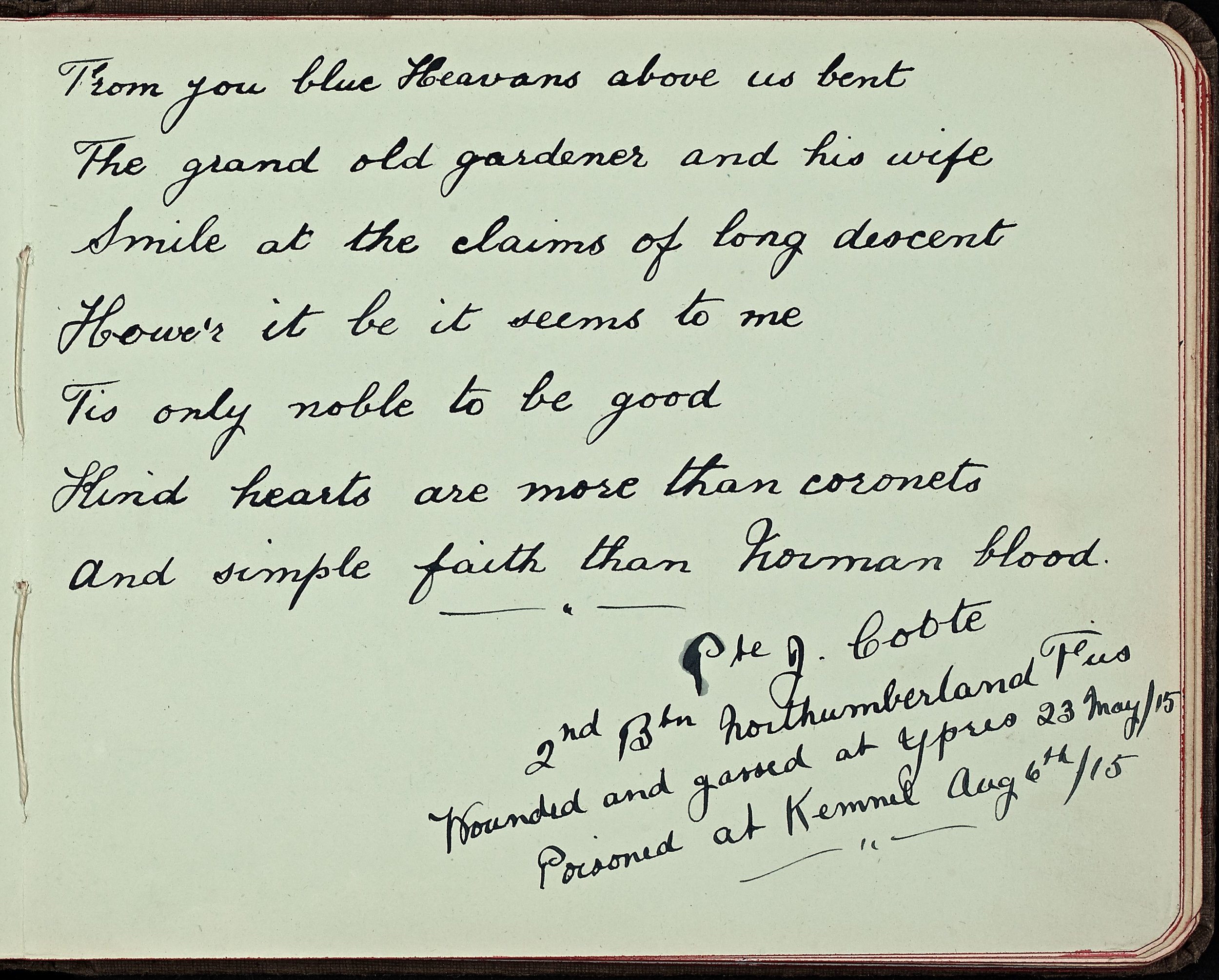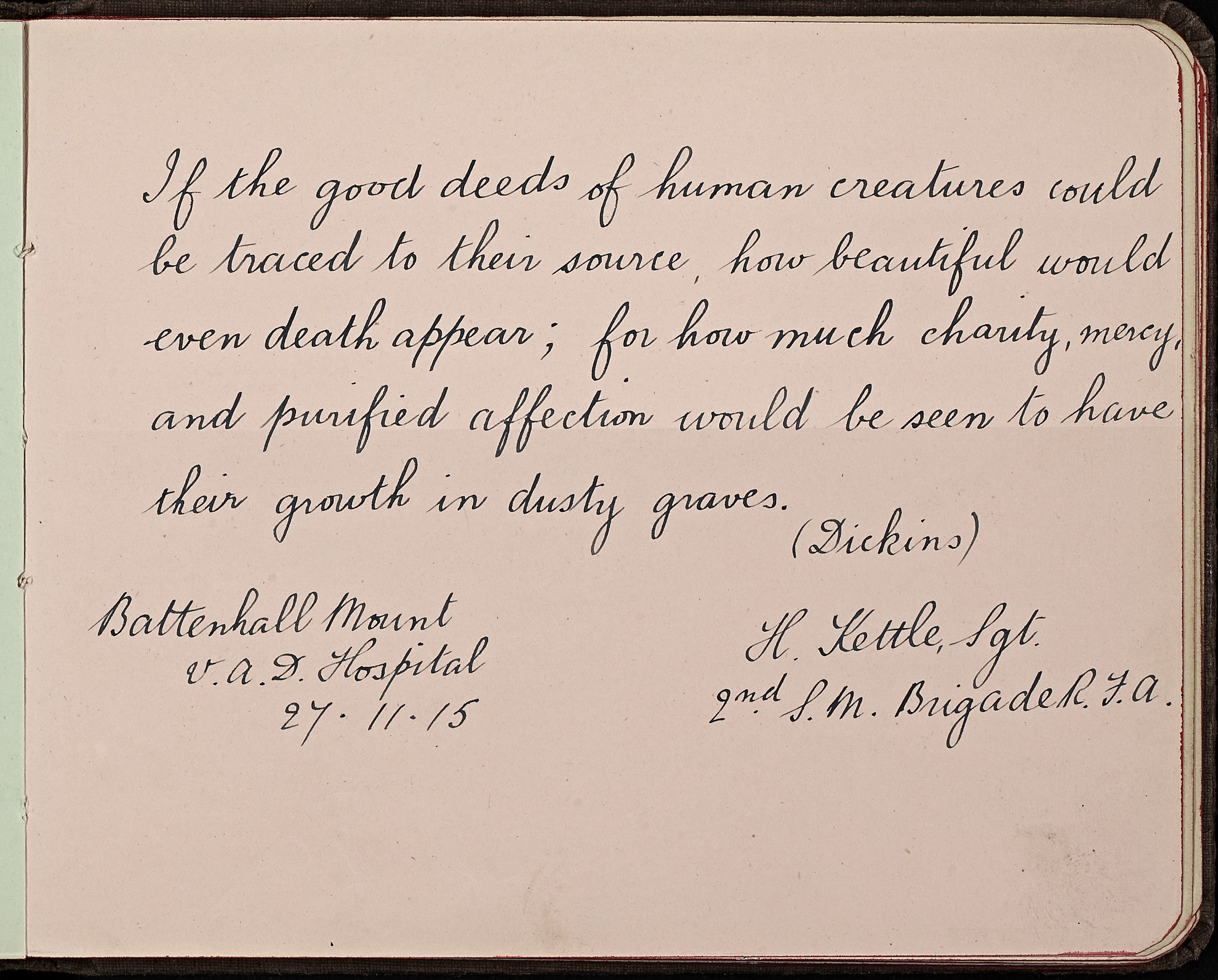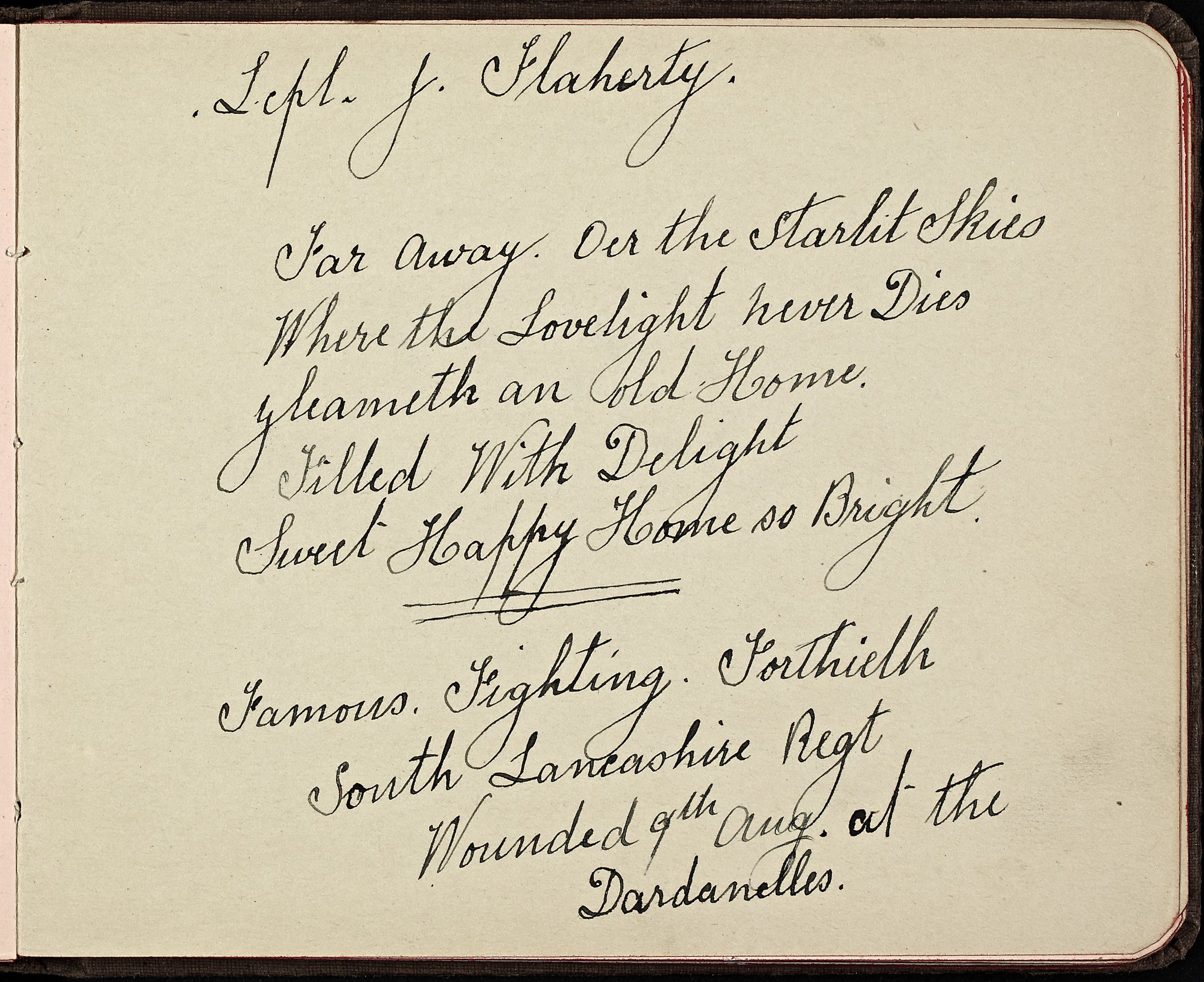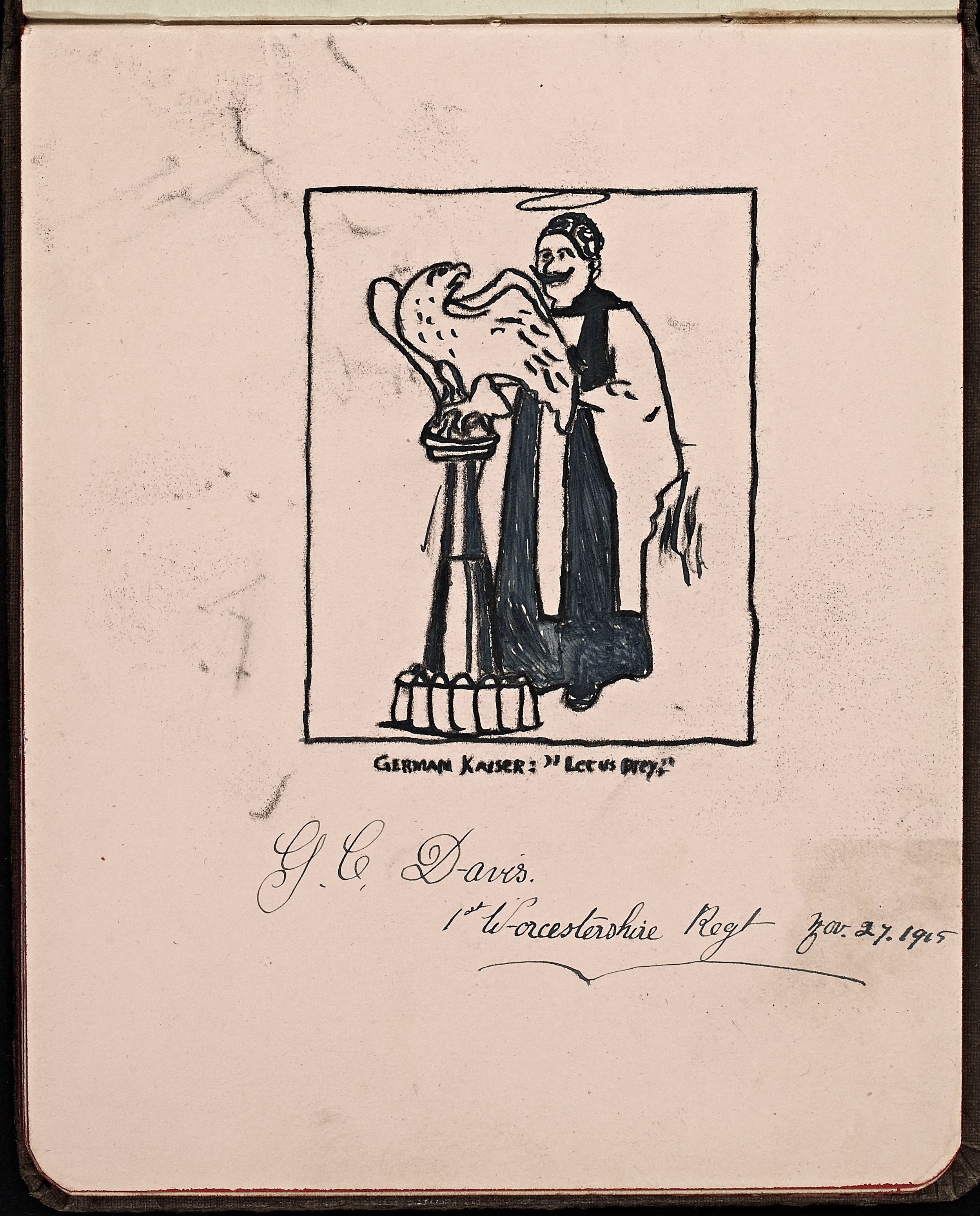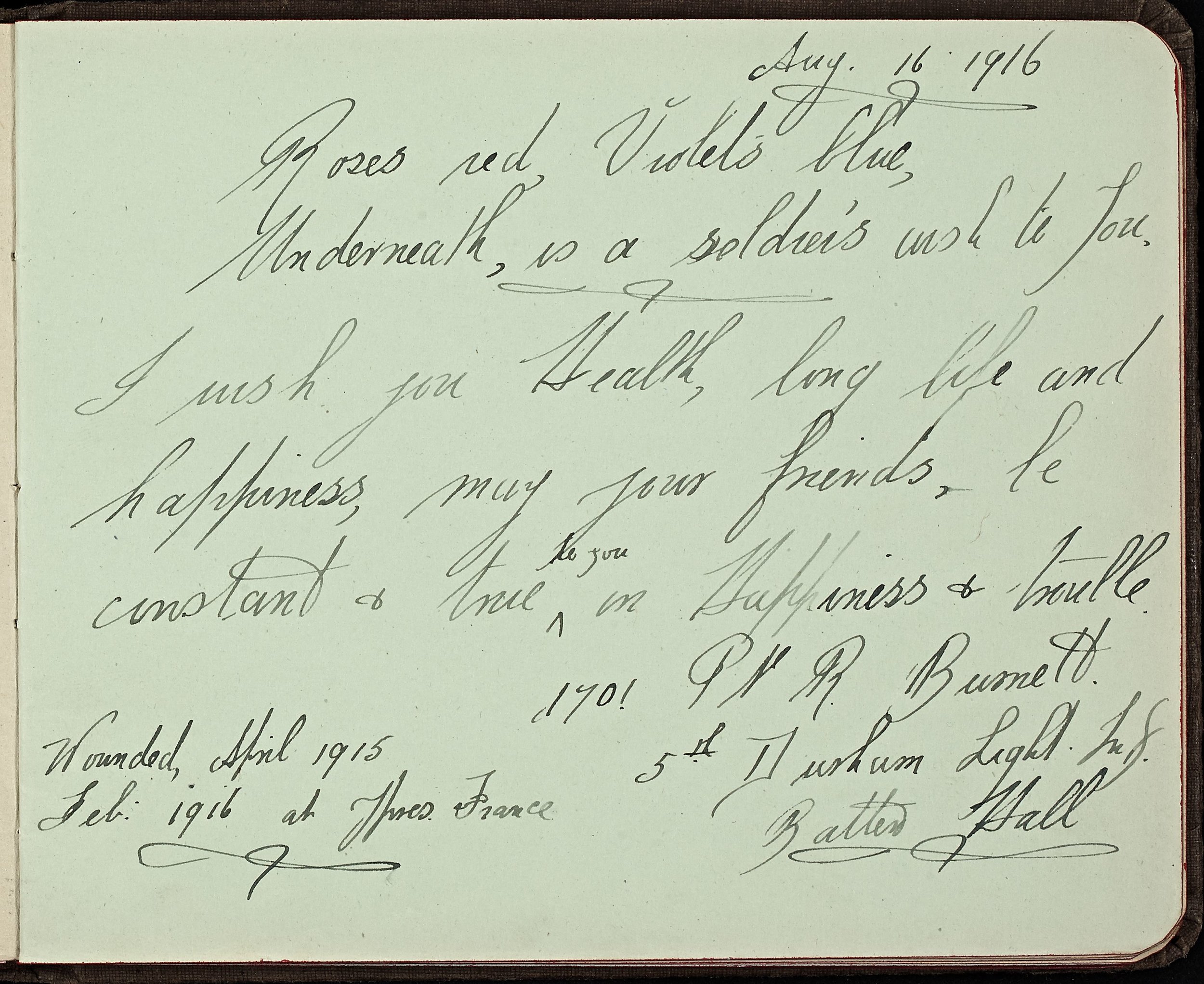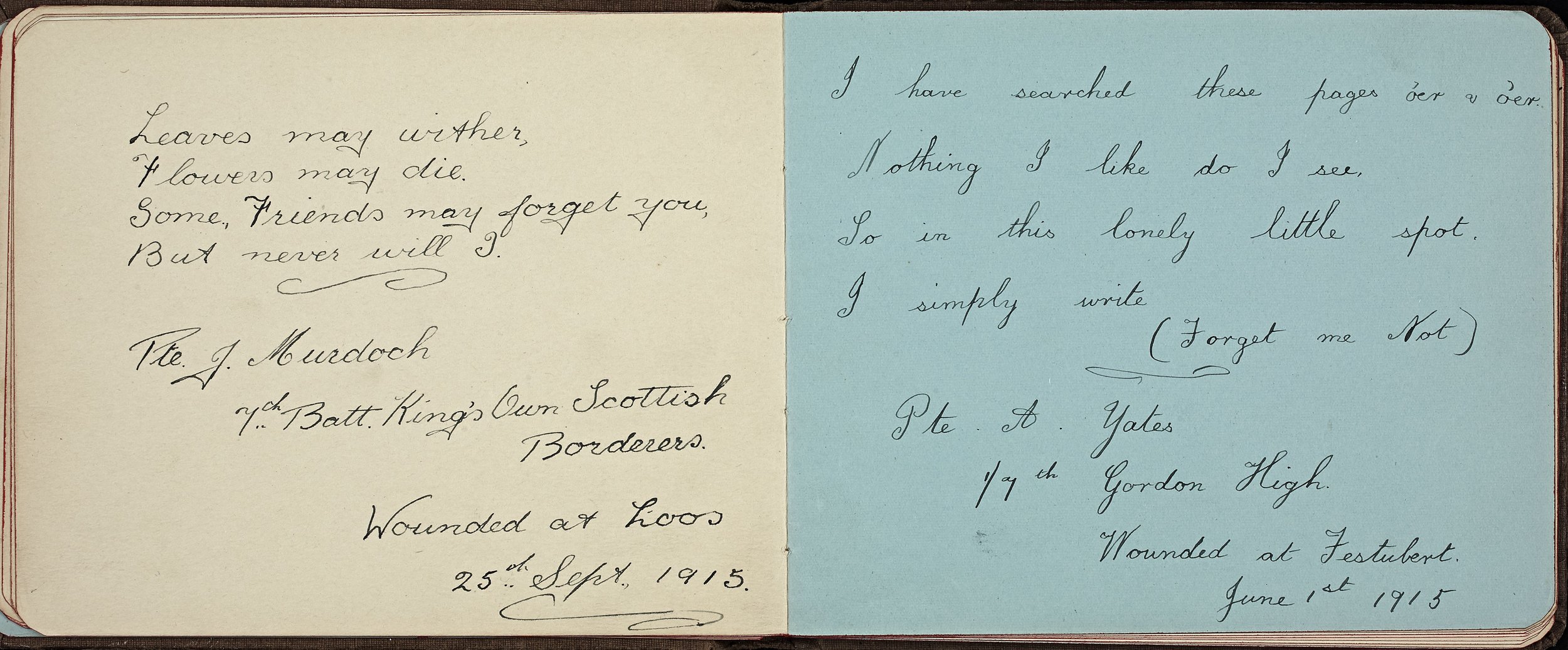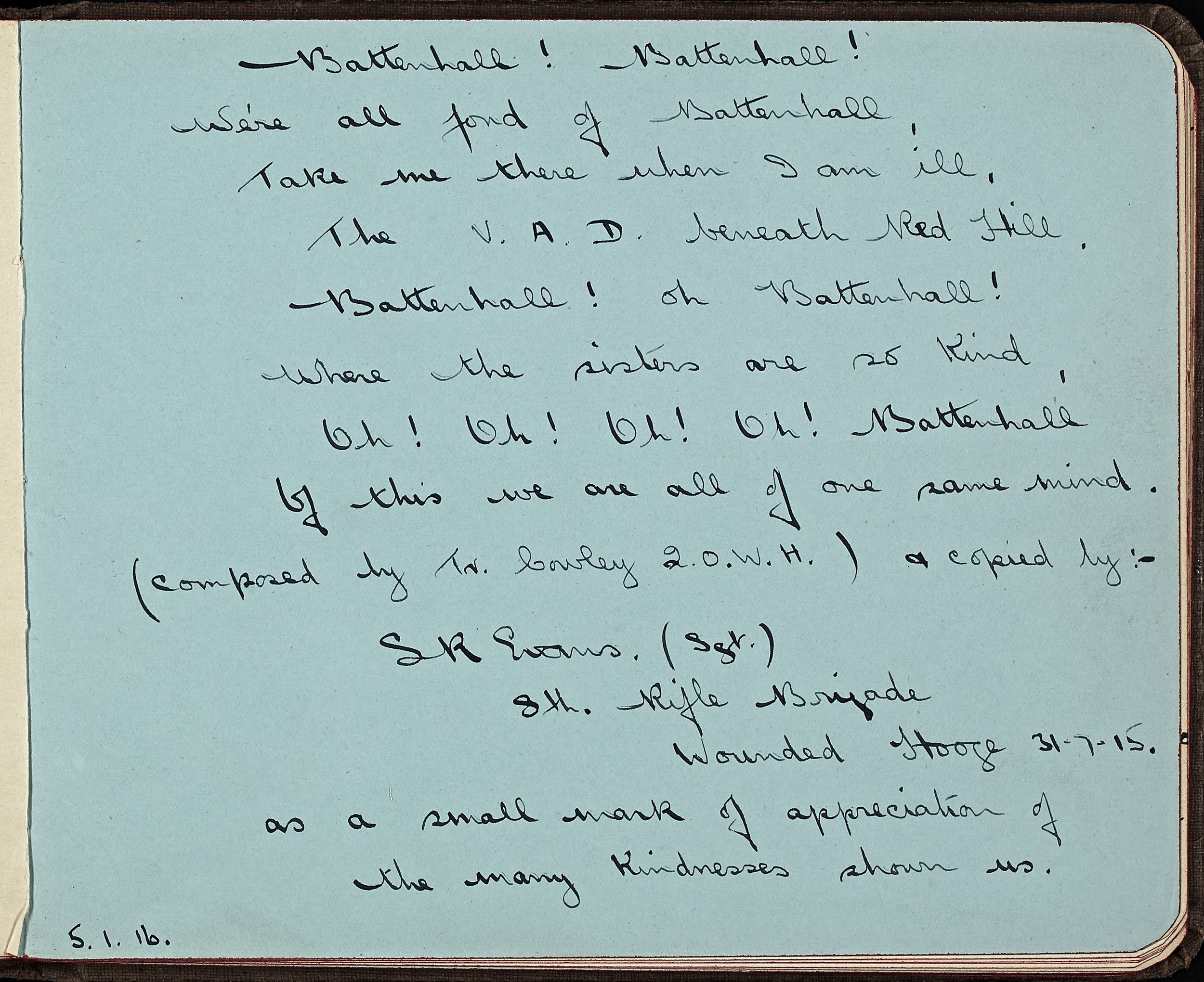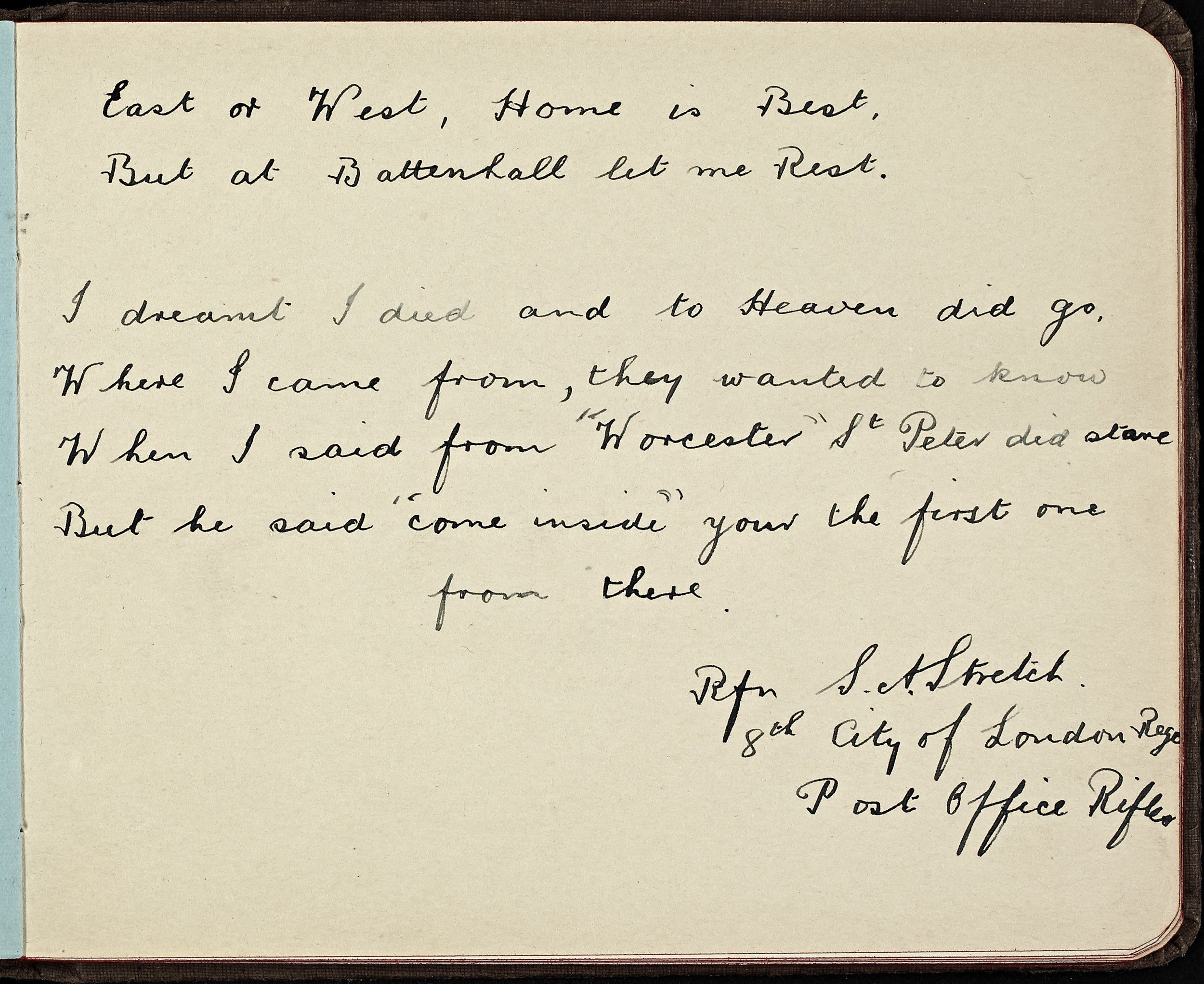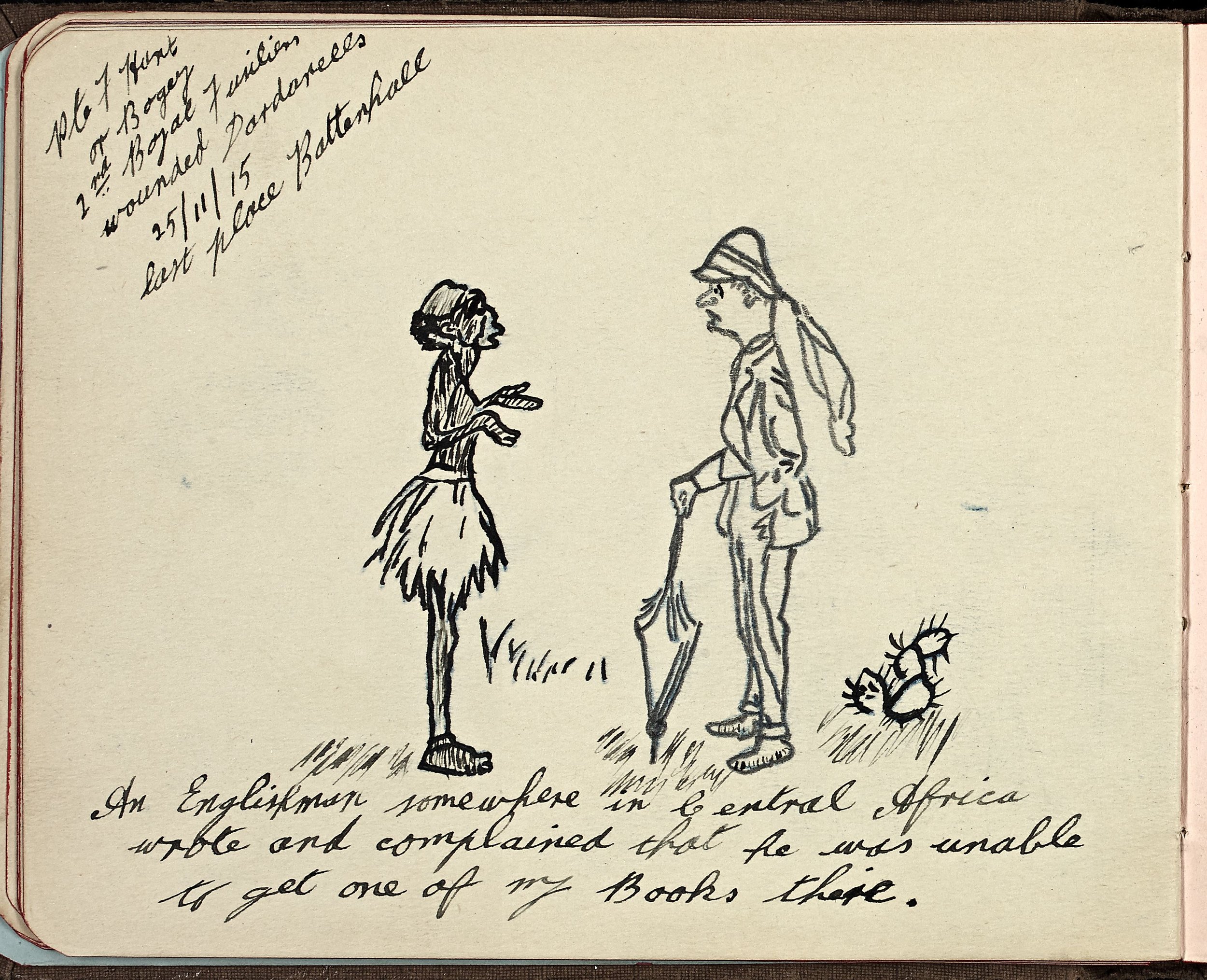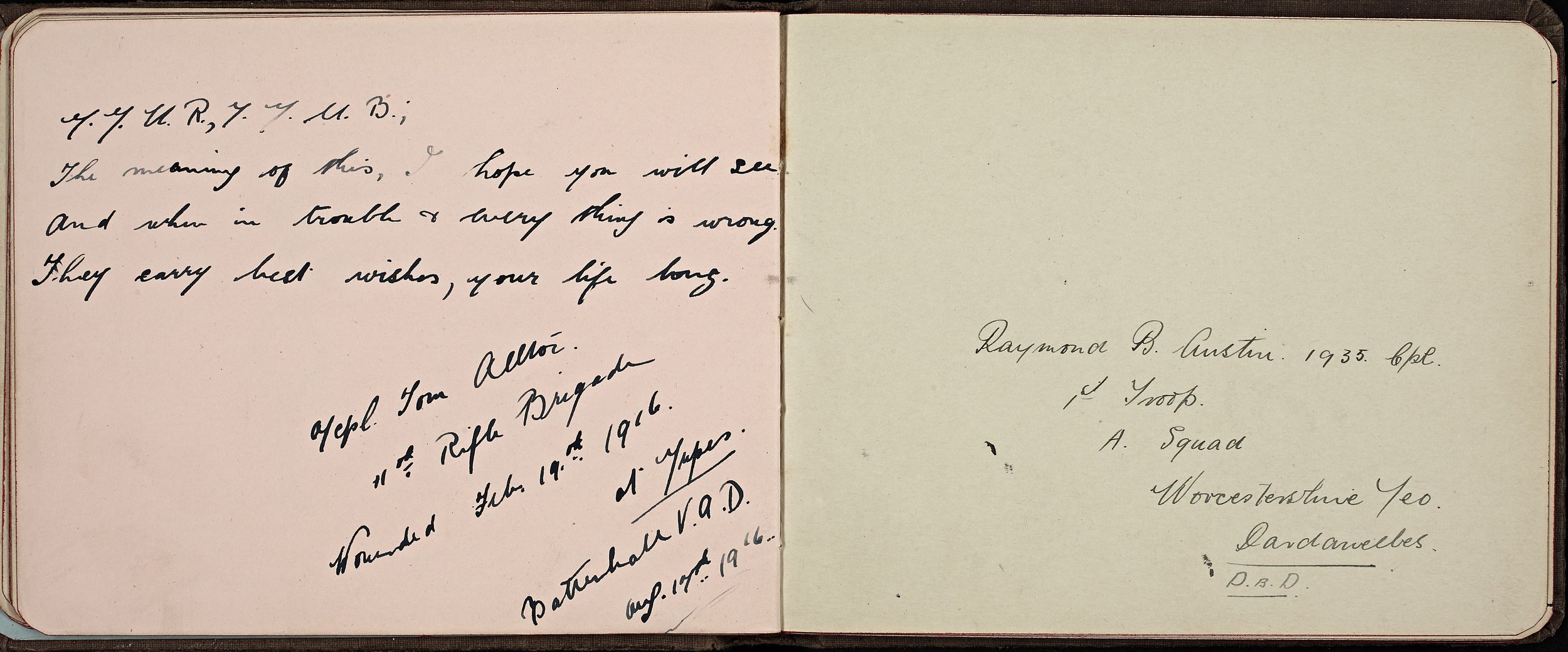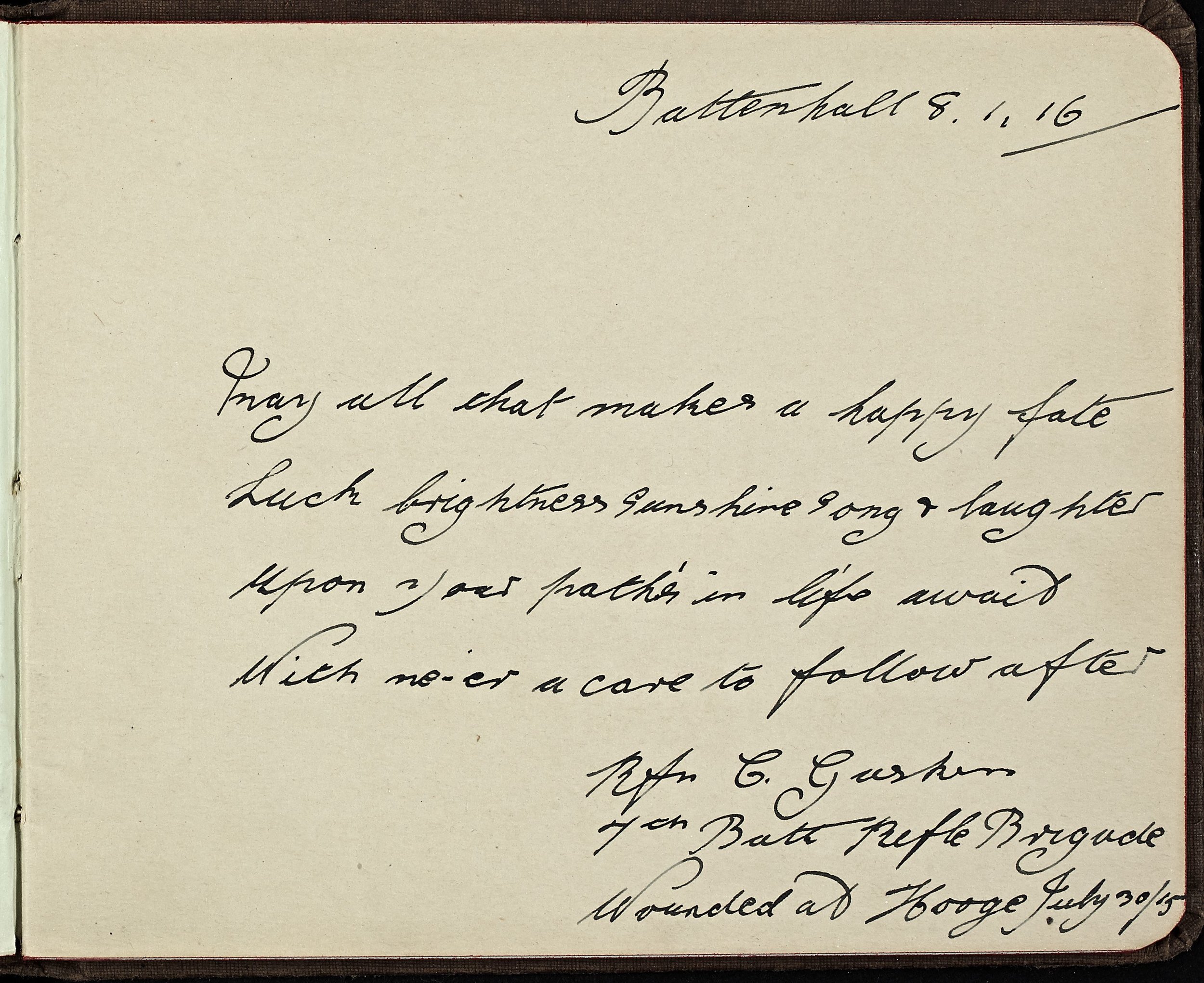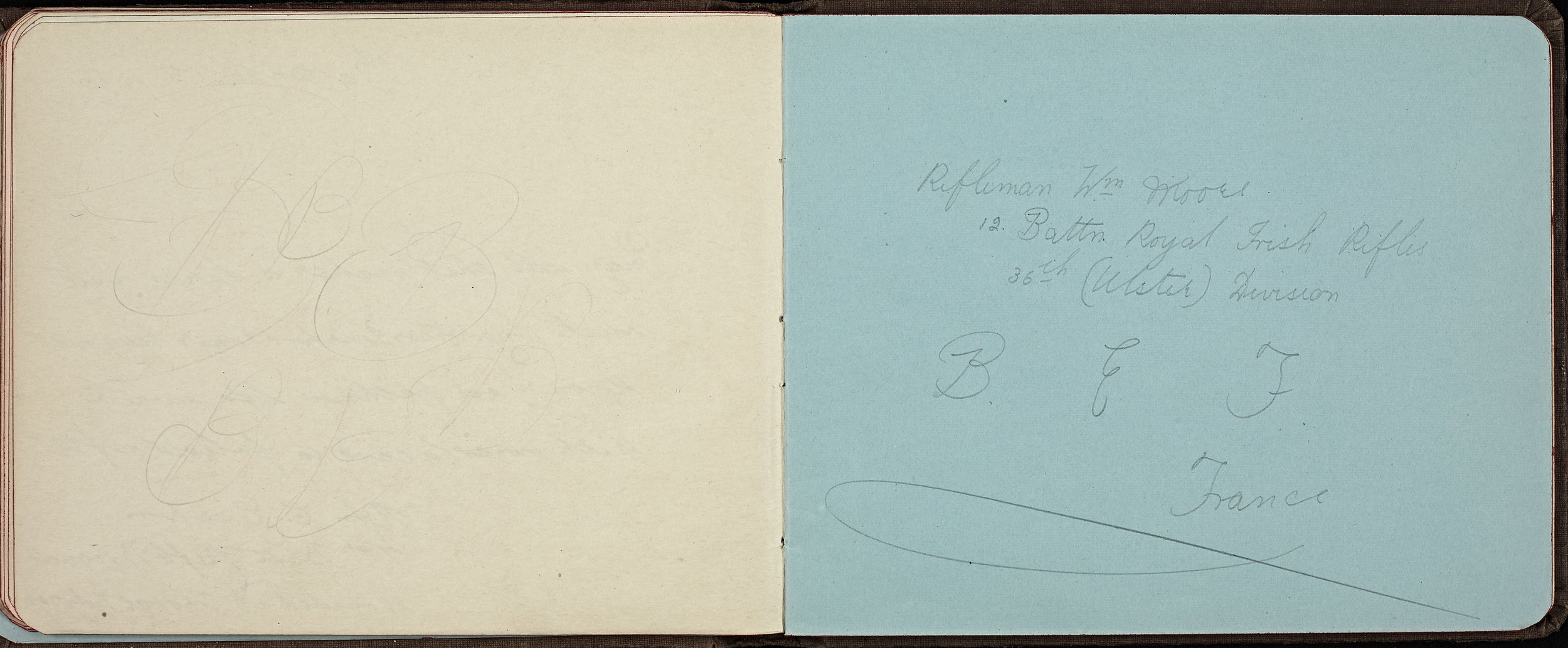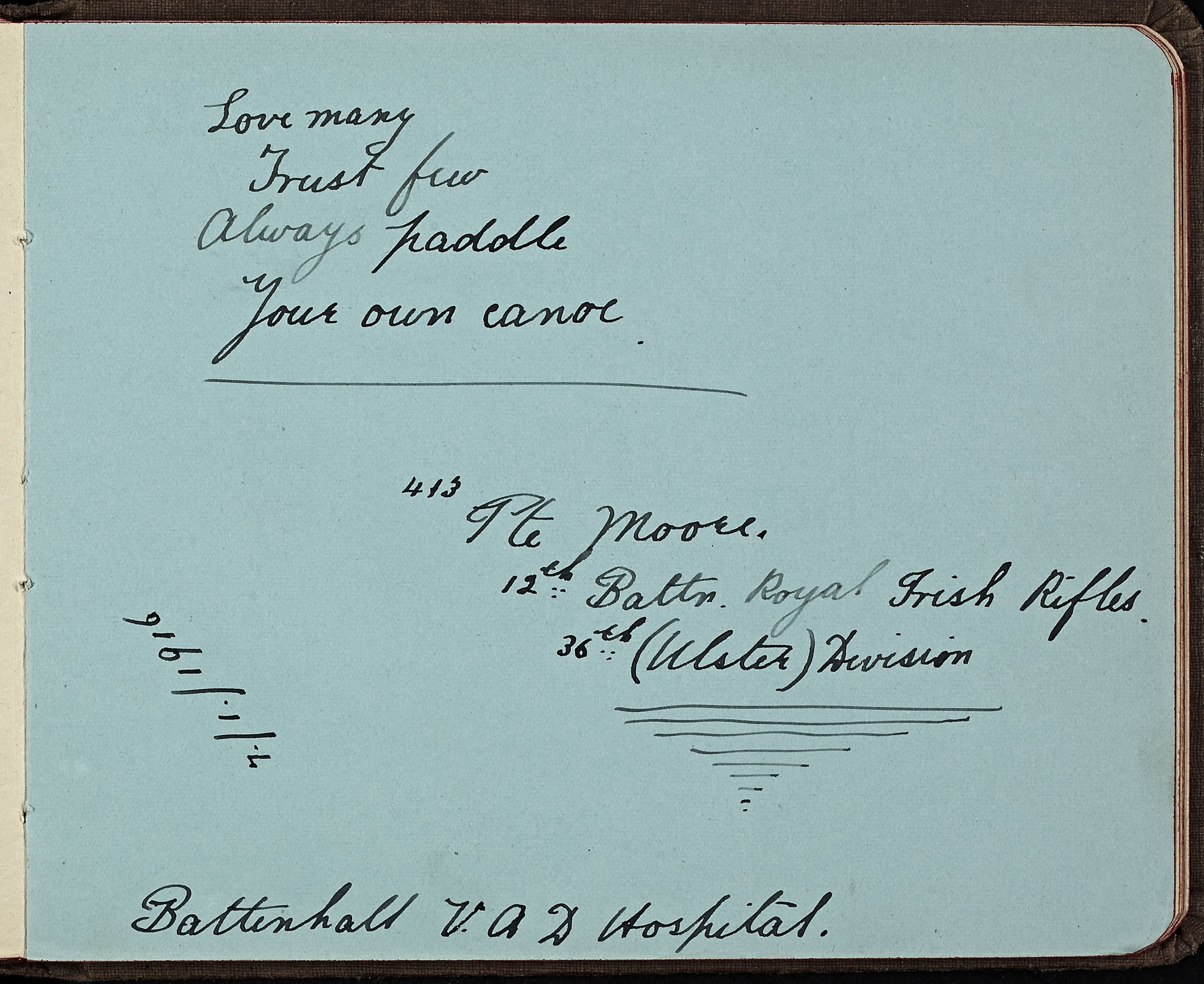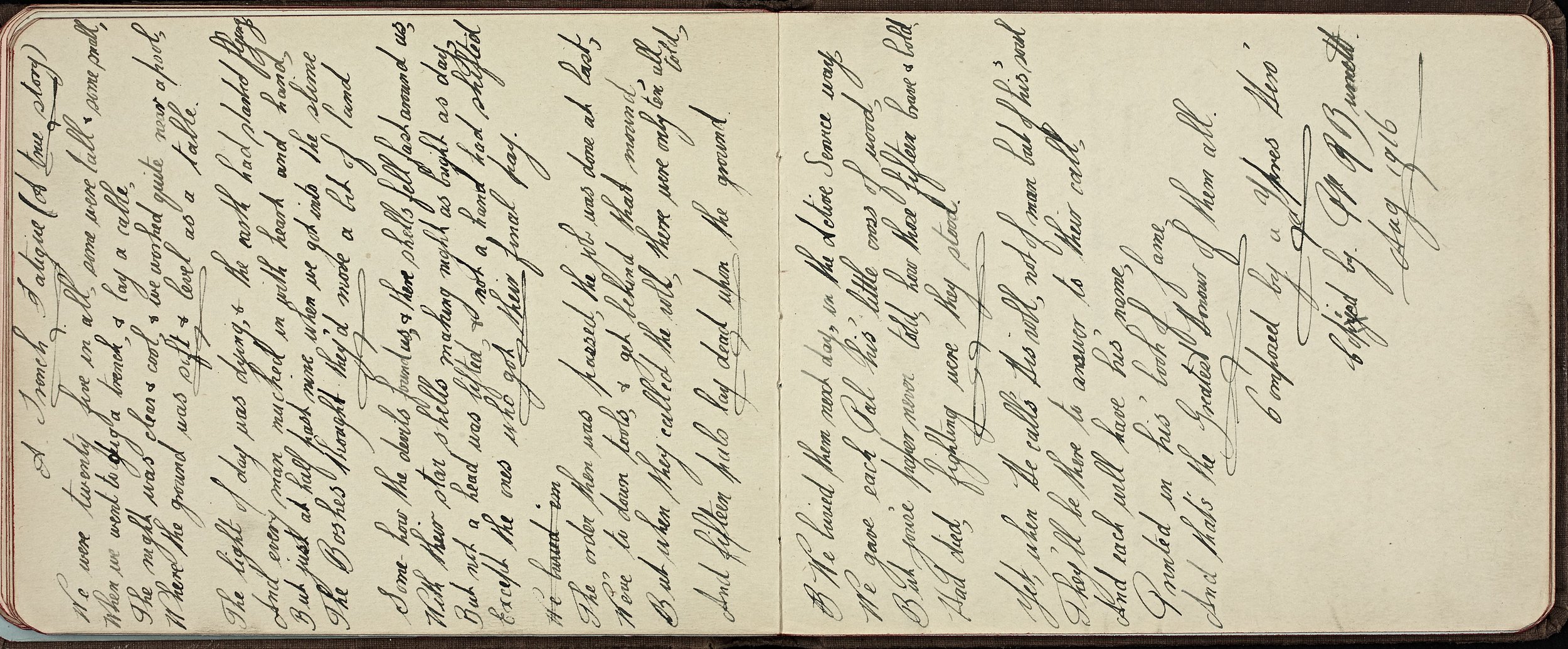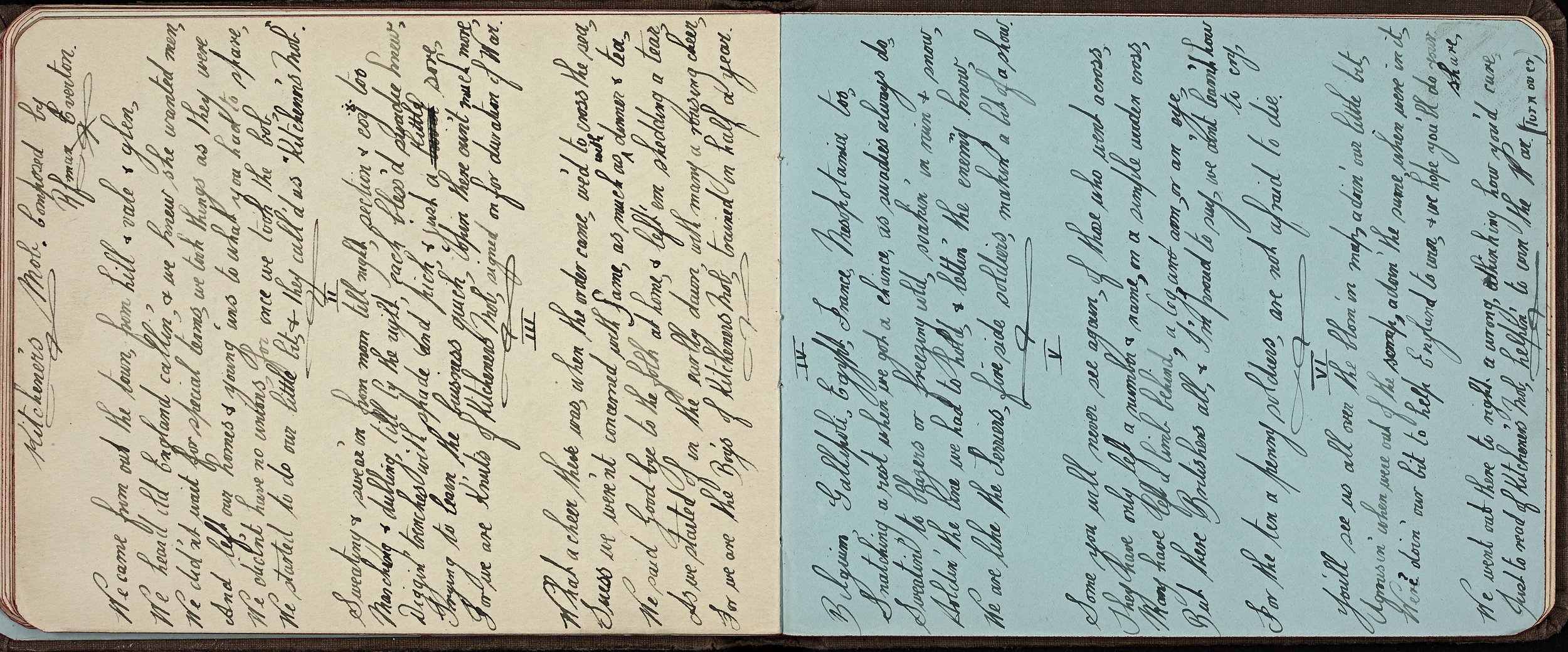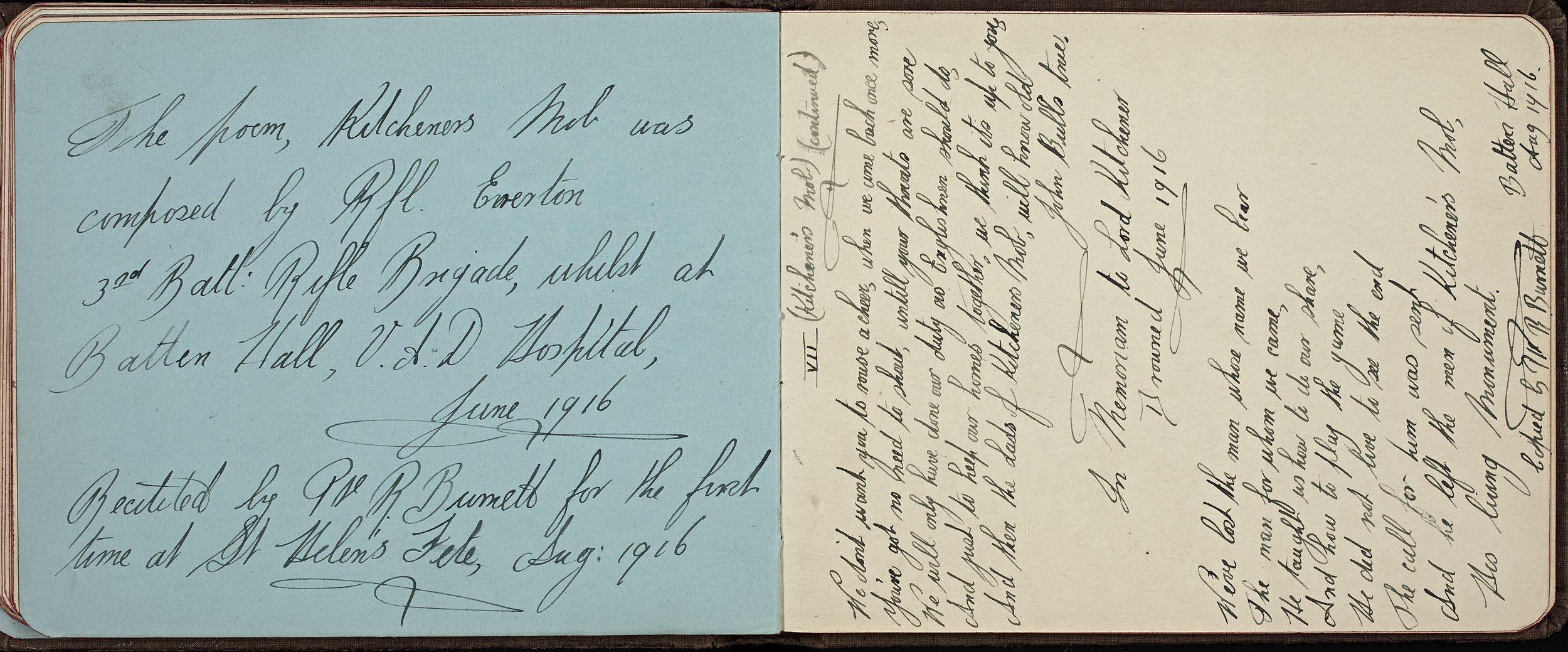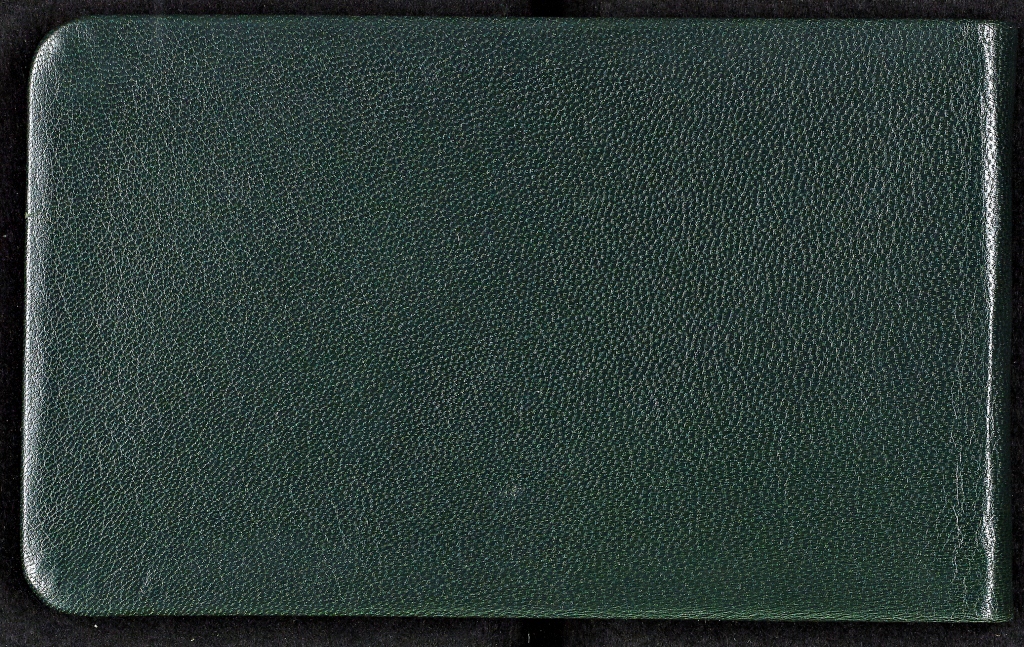background
Funded through the Heritage Lottery Fund, Worcestershire World War One Hundred is one of the largest programmes of events across England commemorating the First World War. Involving cultural and heritage organisations County-wide, Worcestershire World War One Hundred will commemorate the role Worcestershire played in World War One and tell the stories of Worcestershire people from now until 2018 and beyond.
As part of the project, the medical museums will be leading on a number of events and activities, including:
research into the impact the First World War had upon medicine and healthcare in the County;
the development of a Key Stage 3 board game based on the facts of a First World War casualty clearing station; and
an open day at a former Voluntary Aid Detachment hospital in the region.
Dr Adrian Gregson, Worcestershire Archive and Archaeology Service said: “We hope people across the County take the opportunity to visit as many of the events planned for the next four years as possible, Worcestershire World War One Hundred is a real opportunity to understand and appreciate the impact the First World War had on our own communities. We are also encouraging people from across Worcestershire to share their artefacts and stories demonstrating the impact World War One had on the people of Worcestershire both on the home front and front line for inclusion in the People’s Collection.”
For find out more about the project, go to the project's website www.ww1worcestershire.co.uk, follow them on Twitter or like the project on Facebook.
research
The museums worked with Dr Rebecca Wynter, Dr Alice Brumby and Sarah Dentith, respectively, to research the impact the First World War had on various aspects of medicine and healthcare in Worcestershire. You can pick up a free research booklet from the museums, or download them via the links below:
MARTHA STEWART: the 1st female resident medical officer at worcester infirmary
Download (this will open a new window)
IMPACT OF FIRST WORLD WAR ON MEDICINE AND HEALTHCARE
Download (this will open a new window).
impact of the first world war on mental health in worcestershire
Download (this will open a new window).
Click here to listen to a podcast.
who was cared for at Battenhall VAD Hospital?
Volunteers have completed some fabulous research on soldiers we know were cared for at Battenhall VAD Hospital.
Click on the names below to find out more:
PROJECT EVENTS
Hanley swan primary school
From January until April 2017, we worked with Hanley Swan Primary School to bring them knowledge about what happened at home during the First World War. Specifically, the creation of Voluntary Aid Detachment hospitals to share with them the former hospital closest to their school - Boynes House, now the Boynes Care Home. We visited the VAD exhibition 'A Happy Convalescence' at the County Museum, Hartlebury, had historical performers from Discover History visit the school and we also visited to recap on the activities. The challenge for the 100 or so pupils was to create an autograph album for The Boynes similar to those found for Hartlebury Castle and Batenhall, also VAD in the First World War. With Charley's help and great imagination from all ages the books were completed and shared with the school and project.
VAD Hospital open day
On 22nd April 2017, Worcester Medical Museums held a very successful event at The Boynes Care Centre, celebrating its life as a former Voluntary Aid Detachment Hospital in Upton-upon-Severn. The Boynes, a Red Cross VAD Hospital under the command of owner Louisa Grice-Hutchinson, opened its doors to 20 injured soldiers in May 1917 and remained open until March 1919. If you couldn’t make it there’s an album of images available on our website here: www.medicalmuseum.org.uk/www100. A number of thank yous are in order, including to re-eanctors Discover History, staff at The Boynes Care Centre, poets Charley Barnes and Mike Alma, James Robertson from Warndon Library and staff and pupils at Hanley Swan Primary School. The event was funded by the HLF and part of the Worcestershire World War One Hundred project.
conservation & digitization
As part the medical museums' involvement in WWW100, the George Marshall Medical Museum has had one of its two autograph albums from the former Battenhall VAD Hospital conserved.
The original book, a small, landscape autograph book was donated to the museum after it was found at an antiques shop. It had a loose sewing structure and straw boards. Some pages were loose, with some missing altogether and self-adhesive tape had been used to hold the outer pages together. The original goat or sheepskin cover was missing. Thanks to the WWW100 grant, we could afford to employ a book conservator, who also works with the collections at the Cathedral Library, to restore the book.
Browse both of the museums' autograph books in the galleries below. Scroll through the images with the forward and back buttons.
CMS0121
GM2014.8.1
Digitised by Worcestershire Archive and Archaeology Service
Casualty Clearing Station board game
The George Marshall Medical Museum had already created a prototype board game for Key Stage 3 mathematics students with previous funding from the Museum Libraries and Archives Science in Your World programme and expert help from a Mathematics teacher at The Polesworth School. Thanks to the WWW100 project, the museums commissioned a designer to design and produce 10 hard copies and a downloadable version for playing. The prototype game, based on the First World War scenario of a casualty clearing station was piloted by Key Stage 3 mathematics students from Tudor Grange Academy, Worcester.
The game is based upon the George Marshall Medical Museum's collections of objects relating to Lt. Col. Goddard, a Medical Officer during the First World War, and the premise of the casualty clearing station. Students will apply their knowledge of probabilities and percentages to decide the best course of medical treatment for sets of injured soldiers. In playing the board game, students will use their mathematical skills to engage with both history and mathematics in a fun and informative way.
The museums will loan to schools in Worcestershire (in the first instance) for free, you can book the game by contacting The Infirmary.






